Why is my horse testing me
Nov 05, 2023 | Super Equestrian
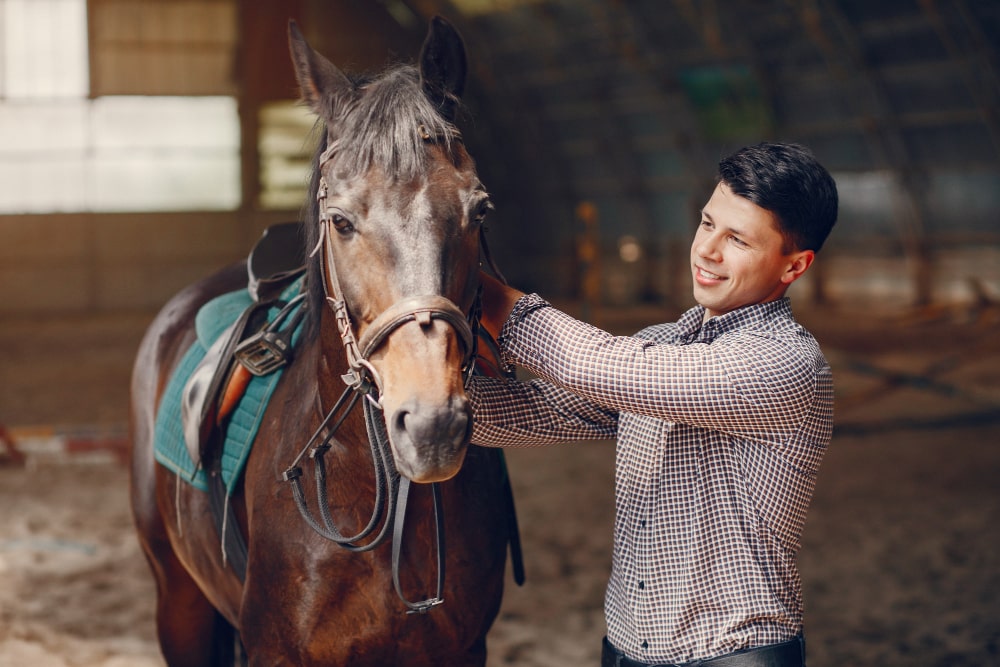
Horses are well-known for being majestic and powerful creatures. They seem to possess immense strength and run at the same speed as the wind. There is absolutely no doubt that such a creature would be sensitive and intelligent. As a result, it is almost a given that raising and training this four-legged powerhouse will be challenging.
We, as horse lovers, are all particularly familiar with the feeling of being put to the test by our equine buddies. We all have an idea of what it's like to live with someone who disobeys orders, exhibits stubborn and aggressive behavior. It's a nightmarish and miserable experience. But have you ever wondered why horses test their human friends?
One of their favorite activities is to put their owners or trainers to some tests. A horse may test its owner or trainer for a variety of reasons. such as a lack of leadership and trust, fear or stress, inconsistency, illness, or a serious injury that they wish to notify their owner of. We must keep a close eye on their behavior in order to determine the underlying cause.
We'll reveal the mysteries of horse behavior in this blog post, including the reasons they challenge their handlers or trainers. What instincts drive horses to behave in certain ways, why they put us to the test, and what effective strategies we can employ to control such behaviors
Whether you are a savvy horse professional, a brand-new horse owner, or simply interested in horses, this post will help you build a stronger bond with them and interpret their feelings.
So jump over the fence, come on in, and get ready to be astounded by these fascinating facts about horses.
Understanding Horse Behavior
Horses have diverse characteristics and behaviors that distinguish them from other animals. Their personalities, experiences from the past, and character qualities are just a few of the factors that impact how they behave.
Horses have a special quality of self-preservation that influences them to test their owner or trainer. Horses are actually highly intelligent creatures; they are very quick to pick up on the actions we like and dislike.
As a result, if they see any activity we are rewarding, they will keep trying to do it. They also try not to repeat the same behavior when we are angry at them or try to punish them.
Why Horses Tests Us
Horses are friendly and majestic creatures, but let's be honest: they can cause extreme migraines most of the time. One inconvenience is when they test their owner, which is, I must say, one of their favorite pastimes.
It's similar to watching our favorite TV show and wondering, "How long can they last before giving up?" to them. But why do they do it despite all that training and handling? Please allow me to explain.
There are numerous plausible reasons why horses test their human handlers. Here are the most important ones to always be aware of:
Lack of Leadership: As they love to live in herds, horses uphold a socialist structure even within their own crowd. where there is a hierarchy of power and a team leader. Horses that are kept as pets want to accept their owner as a team leader, but if their handler doesn't exhibit such behaviors, they take matters into their own hands and begin to test them. Some horse breeds use this strategy to establish themselves as leaders rather than their human companion.
Boredom: Horses are recognized for being swift creatures, hence they require regular physical and mental stimulation to maintain this particular trait. Therefore, if they don't face a task that stimulates them, boredom will set in, and they'll start trying to test their owners to see if they react.
Fear and Stress: Someone's tough decor does not imply that they are not sensitive on the inside. Horses are possibly the best example of this. As a result of facing slightly sad behavior, an unfamiliar or uncomfortable environment, and a traumatic past, they may experience fear and stress. They then begin to test their owner as a coping mechanism in order to avoid this situation.
Inconsistency: Consistency and a routine life are essential for the growth of horses in general. If their owner or trainer fails to provide them with a routine or is inconsistent, the horses will become frustrated and begin testing the owner or trainer to figure out exactly what to expect of them.
Illness & Injury: Horses can also test their owner if they feel any discomfort or pain. Because horses don't have the ability to speak like we do. So, they endorse the gestures to let their owner know what they are going through and what they need.
Trust issues: Trust is the cornerstone of any relationship. Horses will begin testing their keepers if owners don't convince them that they can be trusted. Horses do this to comprehend the depth of the relationship they built with this particular human.
We must dig deep and learn about the emotions that the horses are dealing with when they test the owners. Only by being sure of this can we then take the necessary steps to address this behavior, which will make incredible progress in building a deep, lasting, and productive relationship with our equine sidekick.
How to Respond to Testing
Horses are unlike any other animal, and their nature and behavior are no exception. When it comes to horses testing their owners, rather than throwing stones in the dark, we need to take a constructive step forward by determining a specific cause. When you are left scratching your head and unsure of what to do, the following suggestions are absolutely necessary.
Providing Stimulation: They require a lot of stimulation in order to maintain their speed and physical condition. These will also keep them intrigued and confident. You must give them a variety of tasks and training courses that will challenge them adequately and keep them motivated.
Safe Environment: Maintain a safe and comfortable environment around the horse to keep their fear and stress at bay. Otherwise, testing you will become a required task for them.
Give them space: Horses, as previously stated, are incredibly smart animals. So when they test you, in response leave them alone for a while, give them some "me time". If you don't, the situation will get out of hand instead of improving.
Be a detective: Take a moment and consider what might be motivating your horses when they are testing you. To be certain, try to decipher the mystery of their body language and behavior. Who said Sherlock Holmes was only a detective for humans ? Light the pipe, solve the mystery through brainstorming, and assist your client as needed.
Be a leader: Any horse will initially look to its owner for guidance and leadership. So demonstrate the actions or attitudes you expect from him, be a leader, and set a good example.
Read the signs: Each horse has a unique set of signs and body languages it uses to communicate with people. You can understand what your equine mate is trying to tell you if you pay close attention to their subtle cues and respond accordingly.
When spending time or training your horse, use a special and tailored strategy, especially if the horse is testing you. Try to figure out their specific needs, communicate in their language, engage them, be inventive in your approach, and create a brighter and more prosperous future for both of you. Let the neighing commence…
Conclusion
We might conclude by saying that horses are essentially a race that is encased in riddles and a sheath of mystery. They possess an odd combination of power, intellect, and sensitivity that leaves us perplexed.
Therefore, we must identify the underlying causes of why horses test us or act in other peculiar ways. The right course of action should be embraced in order to bring both of your relationships dazzling moments of delight.
Following and implementing all of the methods mentioned above will lead us to our goal of adequately responding to the horses' tests and developing a positive relationship with them.
The only way to create an unyielding brotherhood with your equine buddy is through time, patience, and a willingness to accept them for who they are. Because no relationship is ever built without trust and mutual respect, be it between humans or animals.
So, as the saying goes, there is no end to learning. We will therefore keep exploring in order to learn how to maintain these equine attitudes and behaviors.
Leave your heartfelt remarks in the comments section….
Recent Blogs
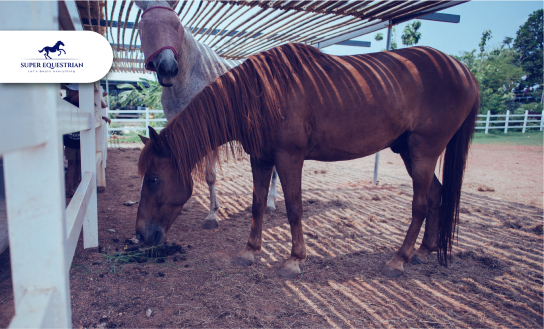
Common Equine Diseases and How ...
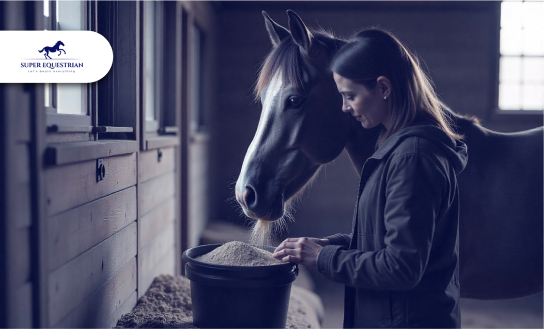
Equine Health Supplements: What Every ...
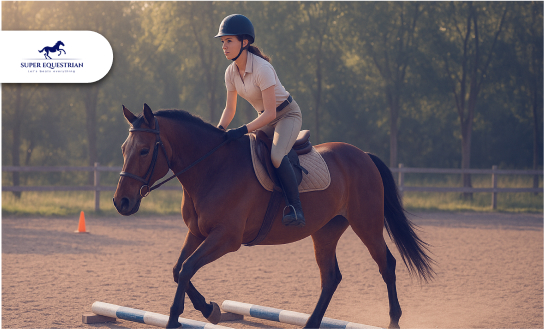
Jumping Basics: How to Prepare ...
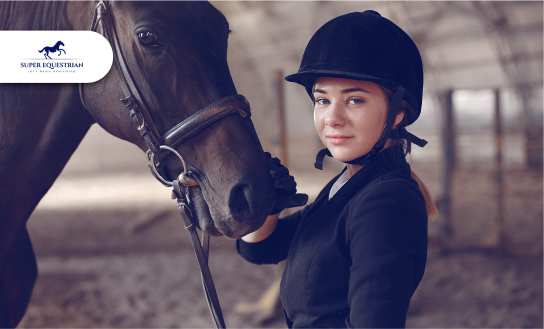
Essential Horse Riding Gear for ...
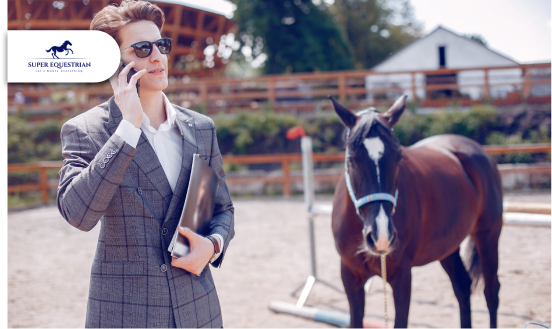
How to Balance Work, Life, ...

How to Balance Work, Life, ...
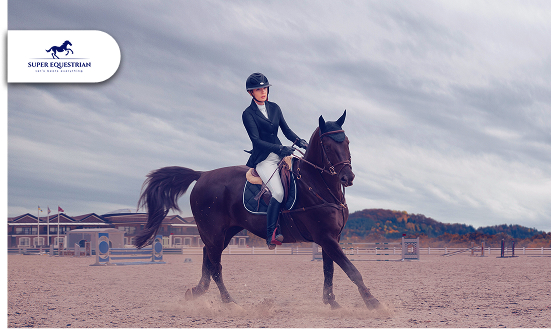
Top 5 Exercises to Improve ...
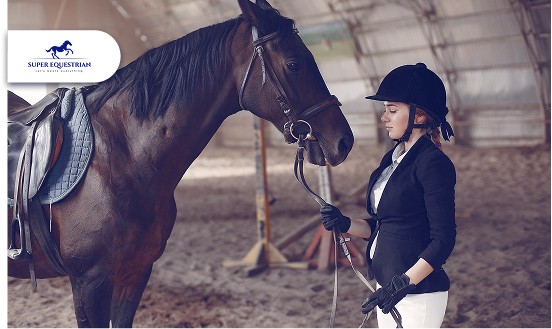
How to Build Confidence as ...
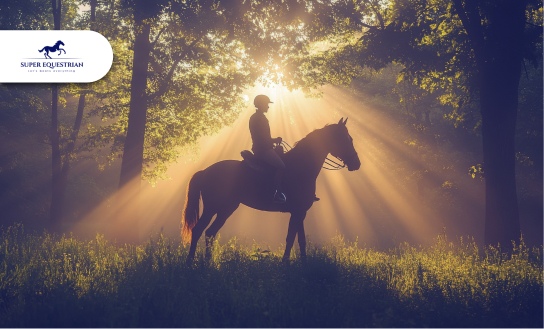
Spotlight on Equestrian Legends: Riders ...
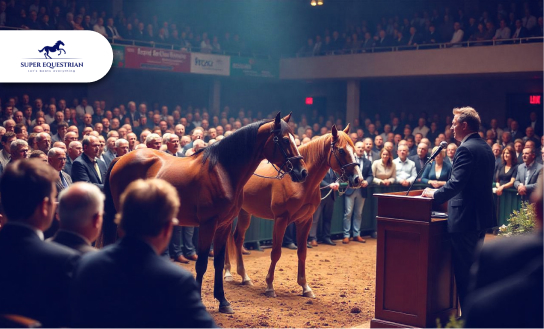
Horse Auctions and Sales...

Top Horse Friendly Travel Destinations ...

How to Build Stronger Bonds ...

Upcoming Horse Shows and Competitions ...
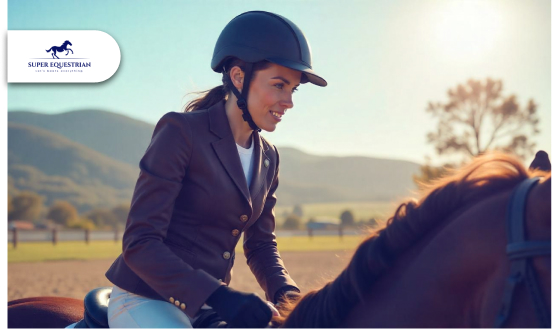
MIPS Equestrian Helmet The Future ...
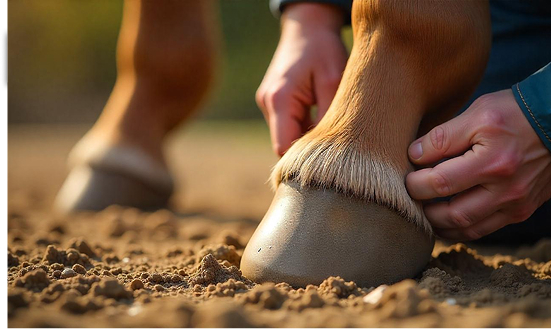
How to Recognize and Treat ...
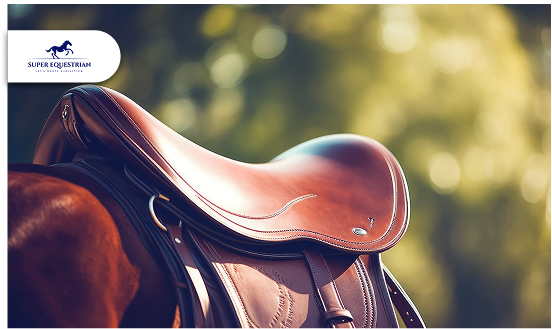
How to Choose the Perfect ...
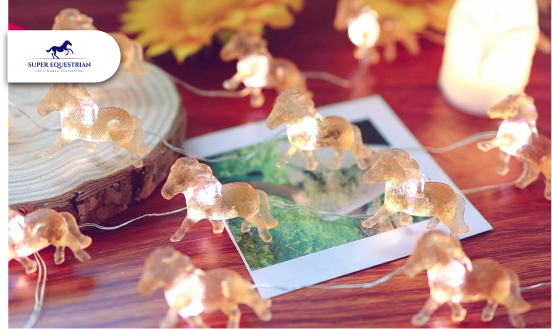
Horse-Themed Gifts Unique Ideas ...
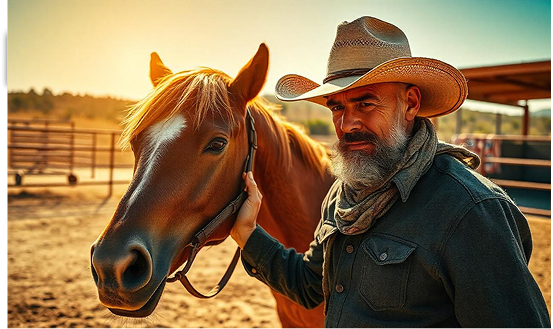
Horse Training Techniques: Creating A ...
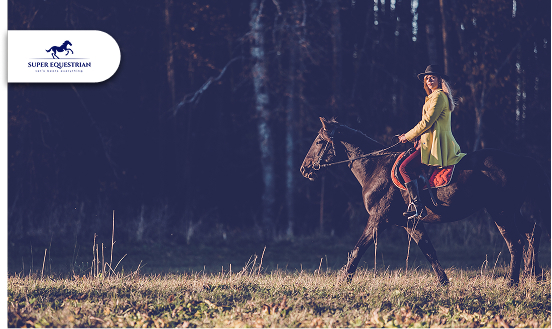
Horseback Riding Lessons – Everything You ...
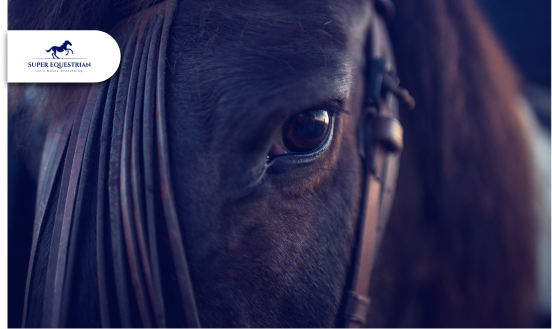
Horse Photography Tips: Learn the ...
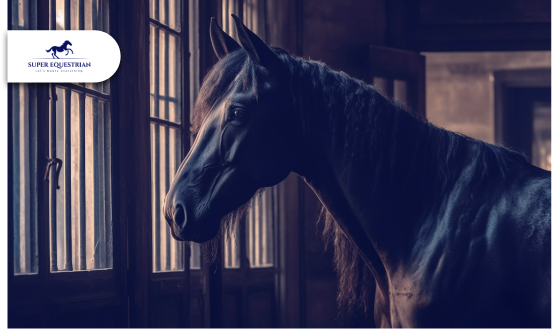
Horse Stable Management: The Quiet ...
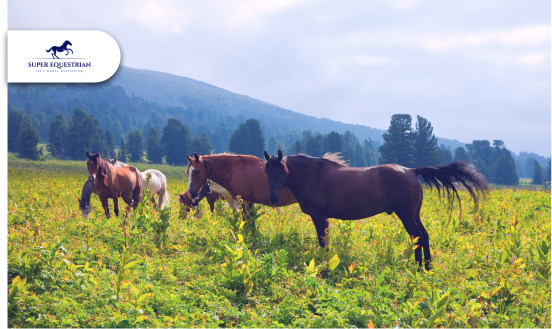
Horse Rescue Organizations: A Profound ...
Horse Racing Events A Look ...
Best Horse Manure Fork Six ...
What Are The Rarest Horses ...
What Does It Mean When ...
Horse Insurance Providers This Is ...

Horse Behaviour and Psychology: Learn ...

How Much Does a Horse ...
.jpg)
Best Monoflap Saddles For Your ...
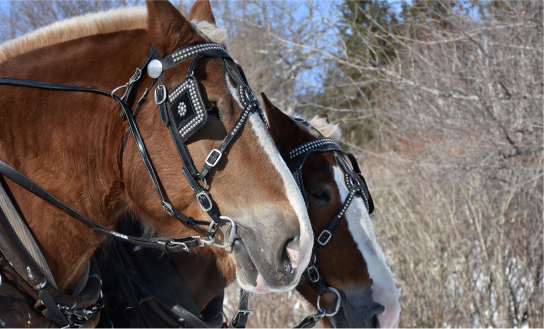
Best Hackamore For Barrel Racing...
.jpg)
Best Barrel Racing Reins Top ...
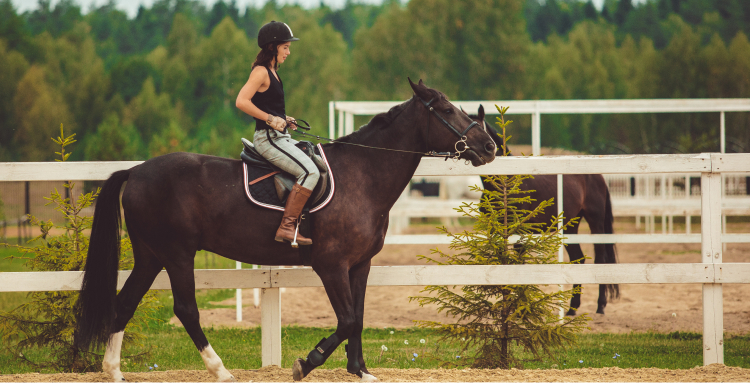
Horse Anatomy And Physiology: Facts ...
.jpg)
Best Stirrups For Ankle Pain - ...
.jpg)
Horse Care Tips and Tricks: ...
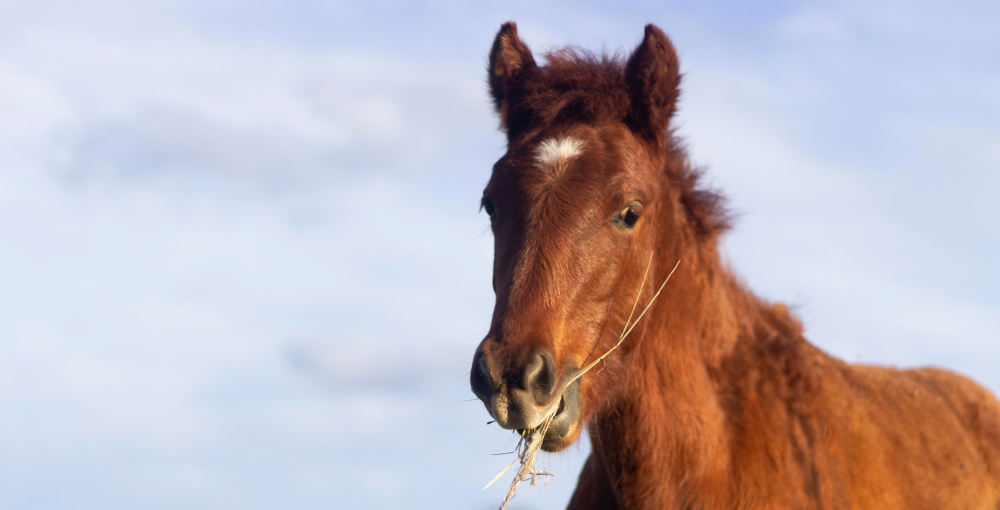
What Do Wild Horses Eat- ...
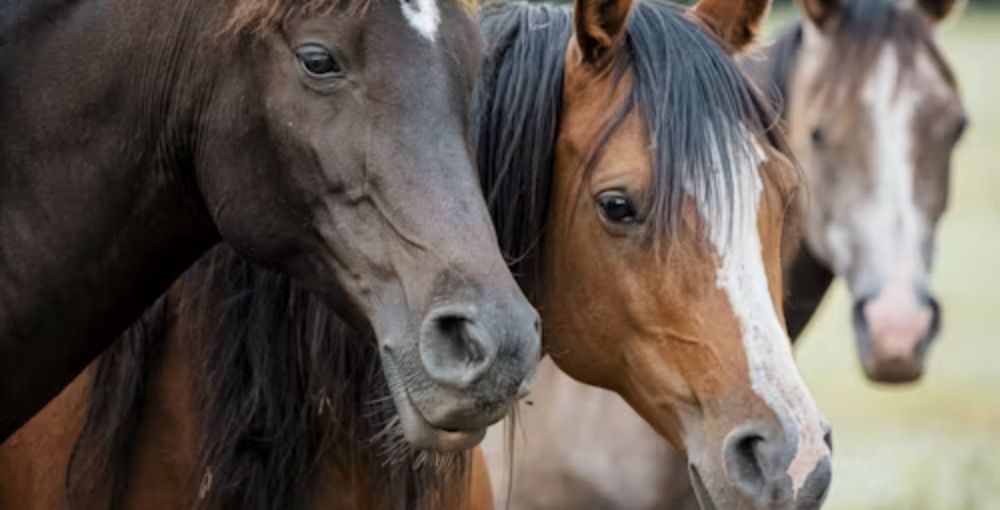
Horse Breeds and Characteristics: How ...
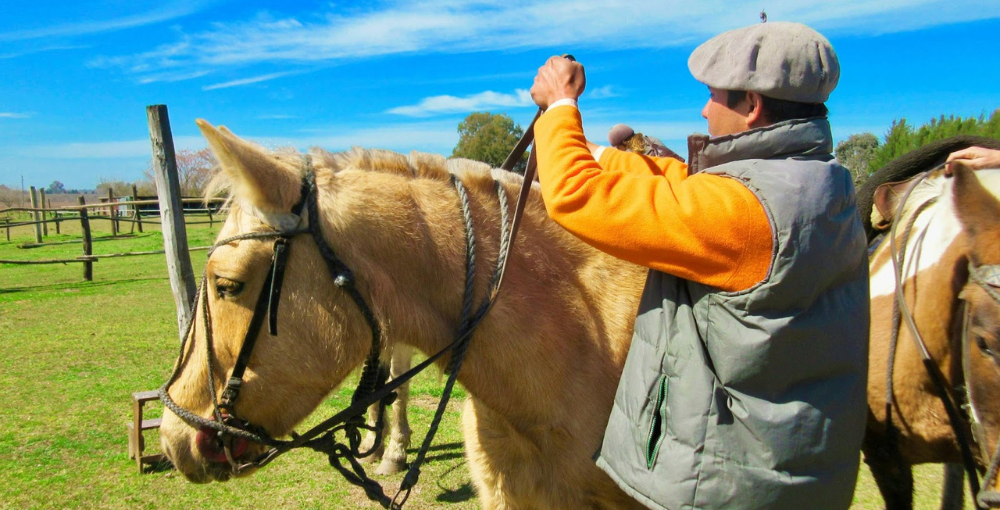
Best Barrel Racing Reins - Top ...

Horse Breeds and Characteristics: How ...
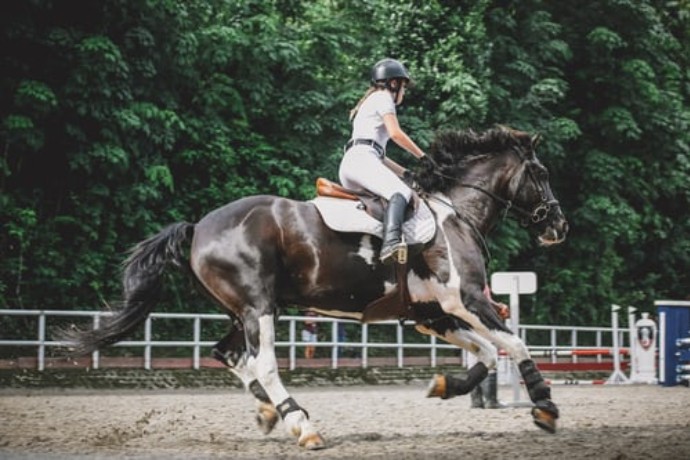
Best Breeches For Curvy Riders...
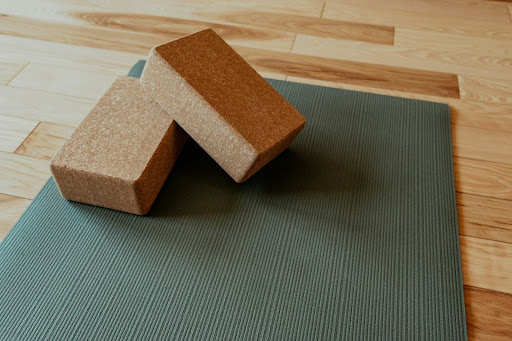
Best Stall Mats For Horses - ...

Best Horse Brushes ( A Thread ...

Best Saddle Rack ( Keep Your ...

Best Bit For Training a ...
.jpg)
10 Morgan Horse Show Held ...
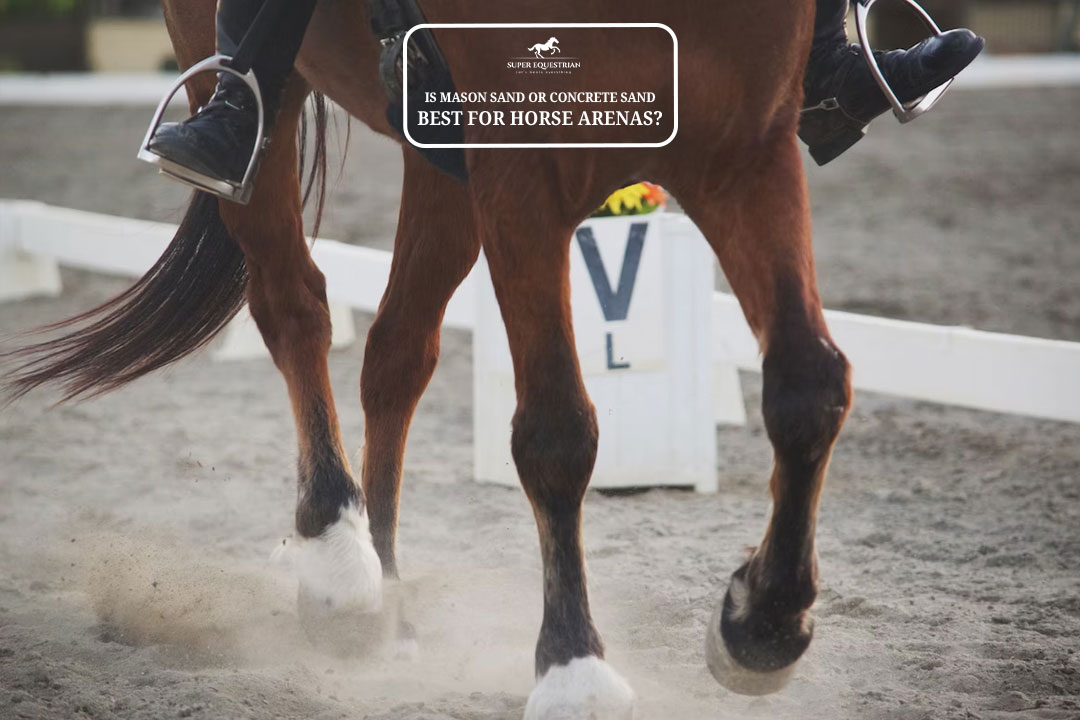
Is Mason Sand Or Concrete ...
.jpg)
Best Girth For Your Horse ...
.jpg)
Ranch Cutter vs Cowhorse Saddle? ...
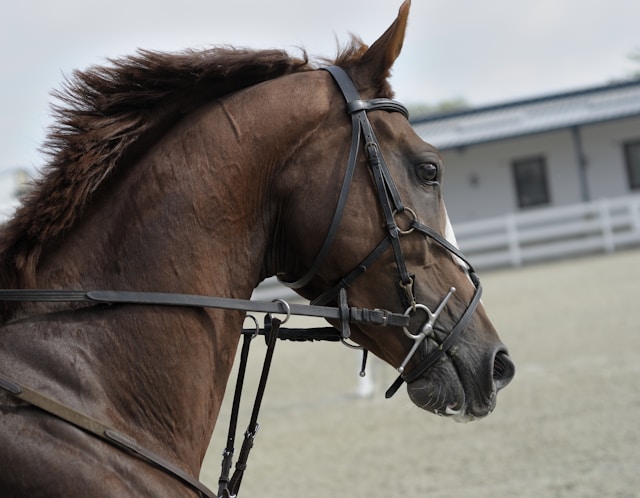
Types of Horse Bit and ...
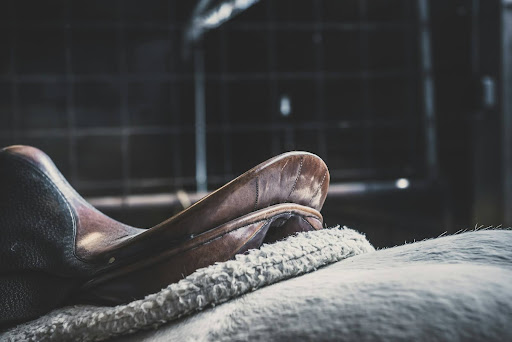
Is Hilason a Good Saddle ...
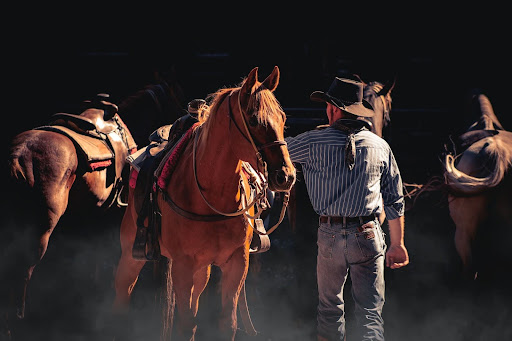
How to choose a bit ...
.jpg)
Best Salt Blocks For Horses...
.jpg)
Types of Horse Brushes (Equine ...
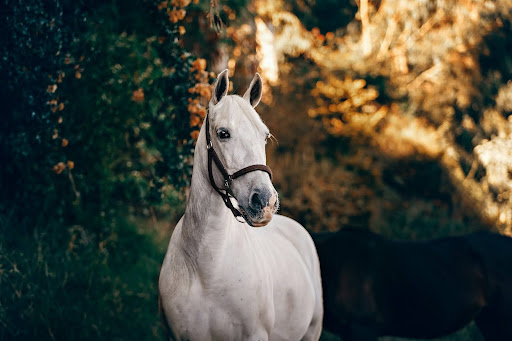
How To Get a Horse ...
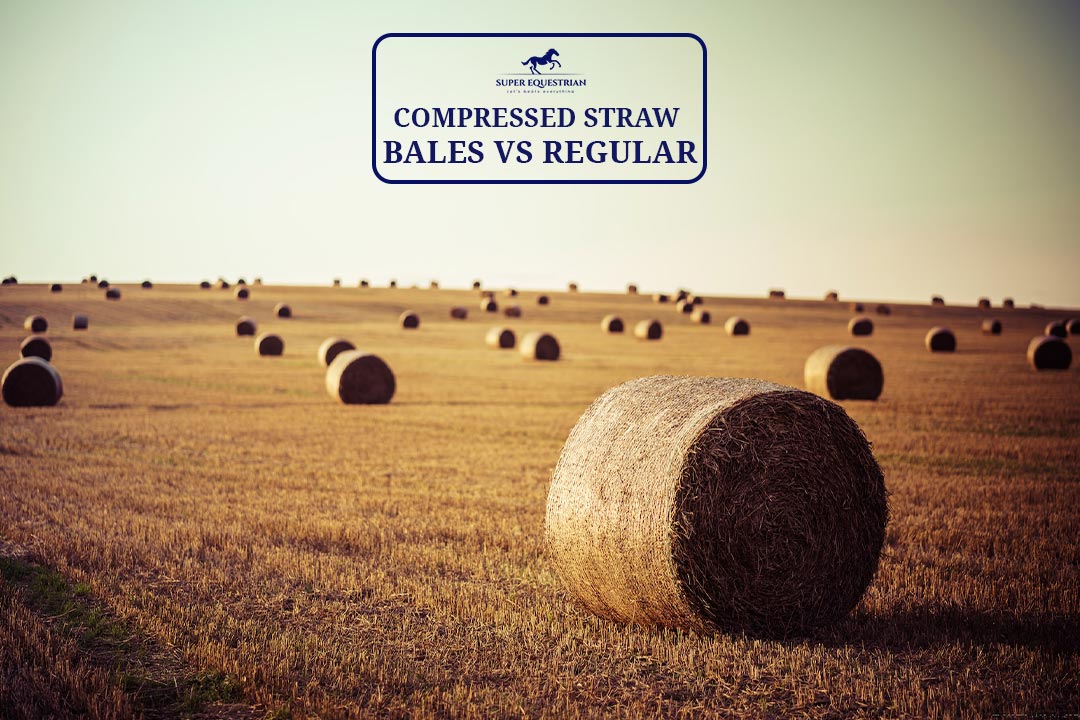
Compressed Straw Bales Vs Regular? ...
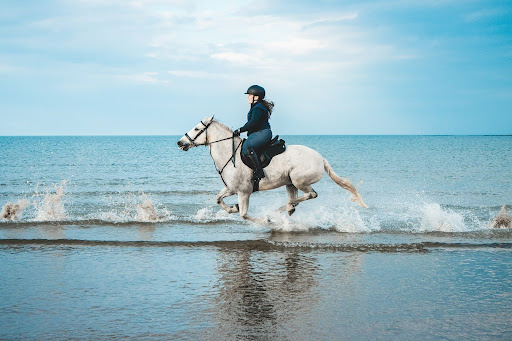
Horse Riding Lessons For Intermediate ...
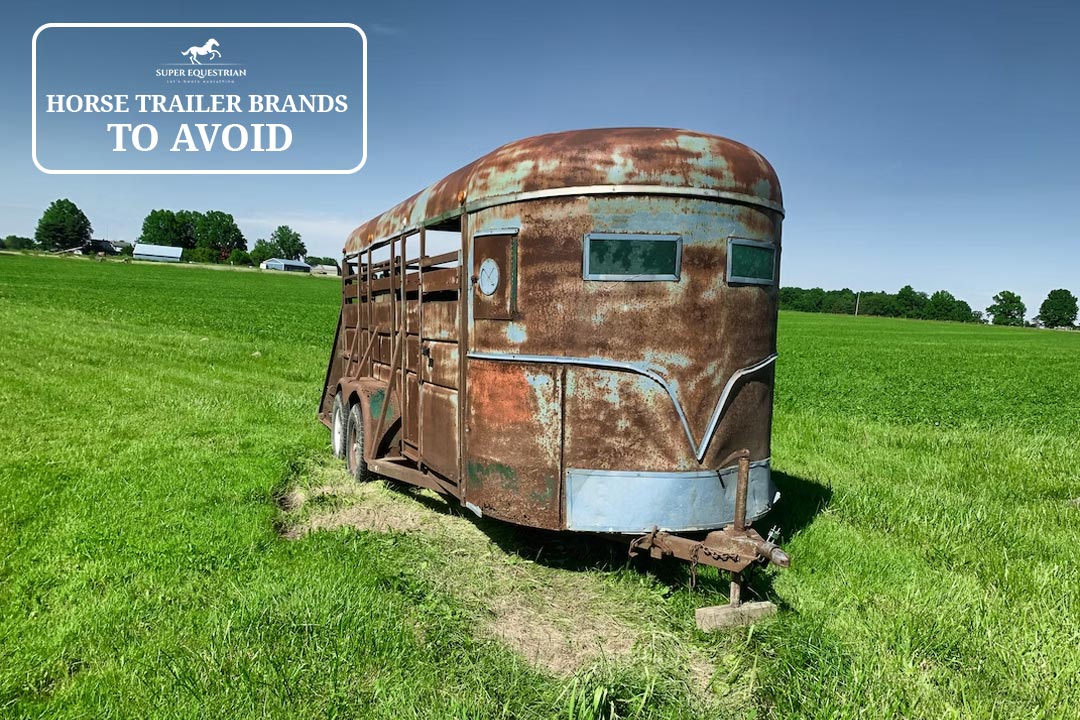
Horse Trailer Brands To Avoid...

Strawberry Roan vs Red Roan? ...
.jpg)
Gelding vs Stallion...
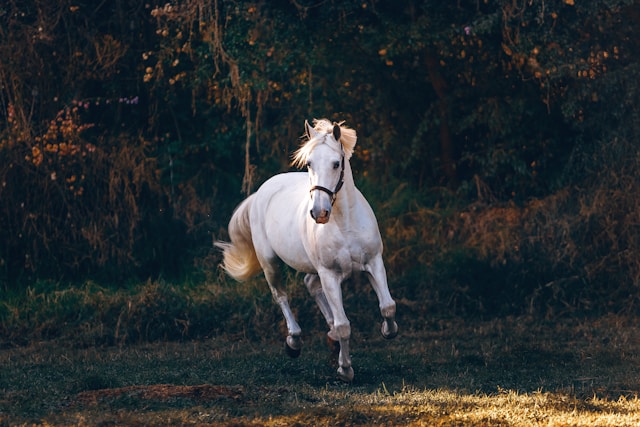
Why Does a Horse Whinny? ...
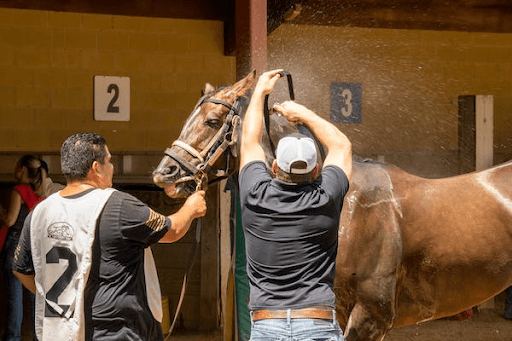
How to Clean a Rusty ...
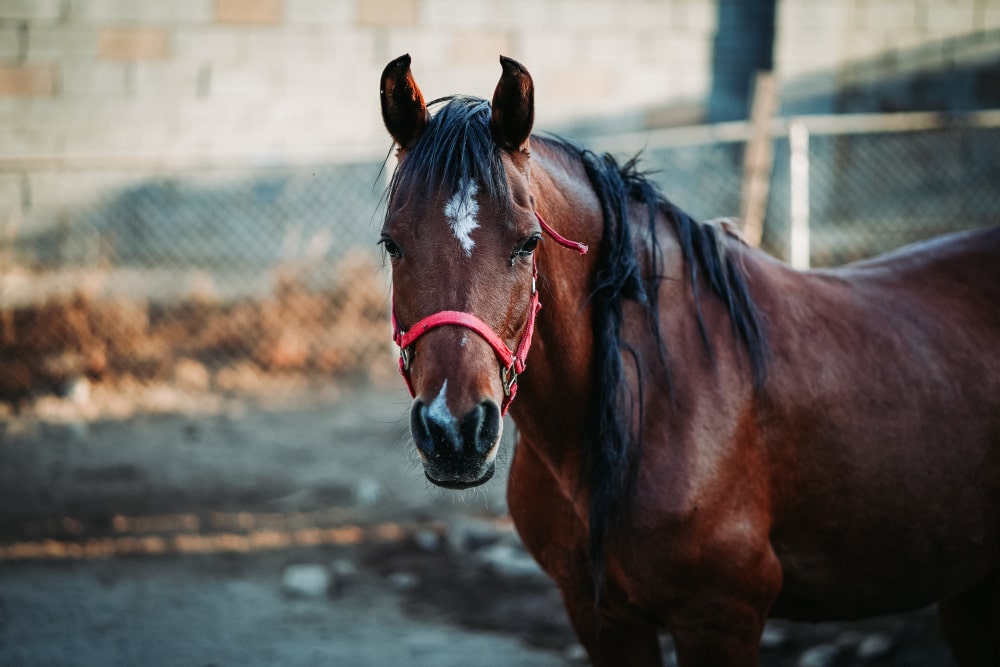
Why Do Horses Foam at ...
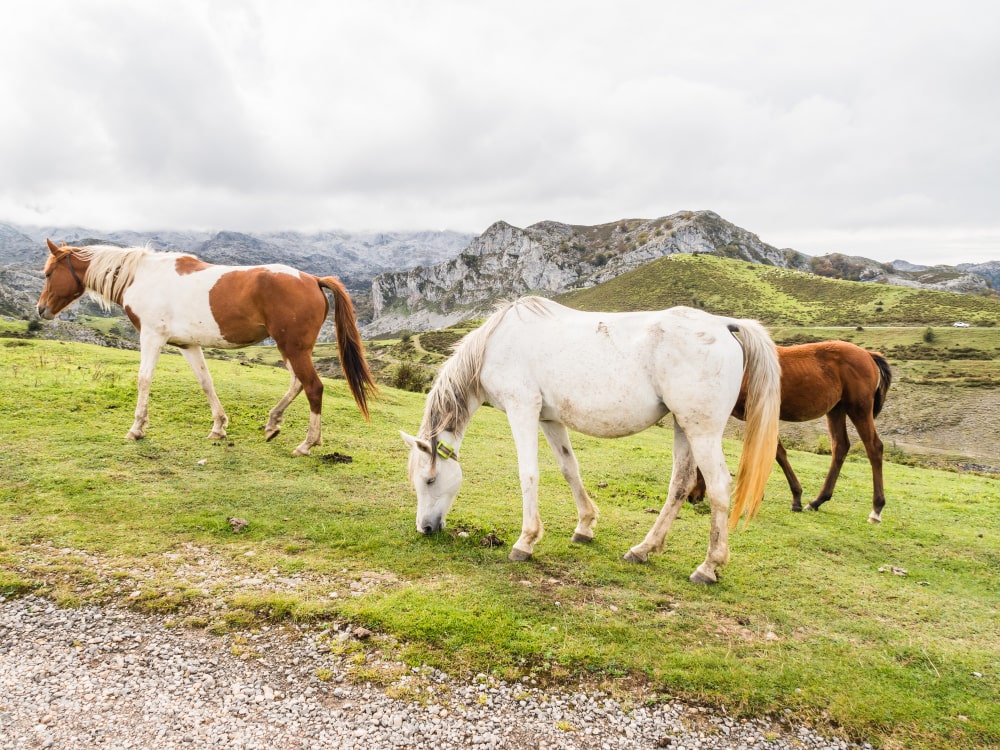
Why Do Horses Bob Their ...

Nutrition Unveiled: Triple Crown Senior ...
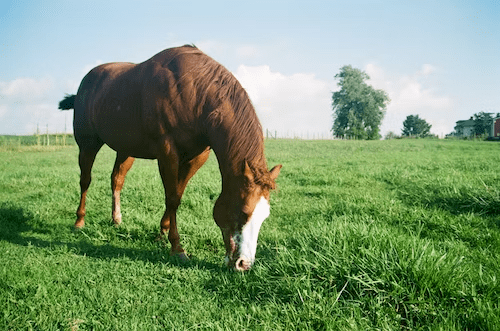
Pasture Pro Vs. Grazon: Horse-...
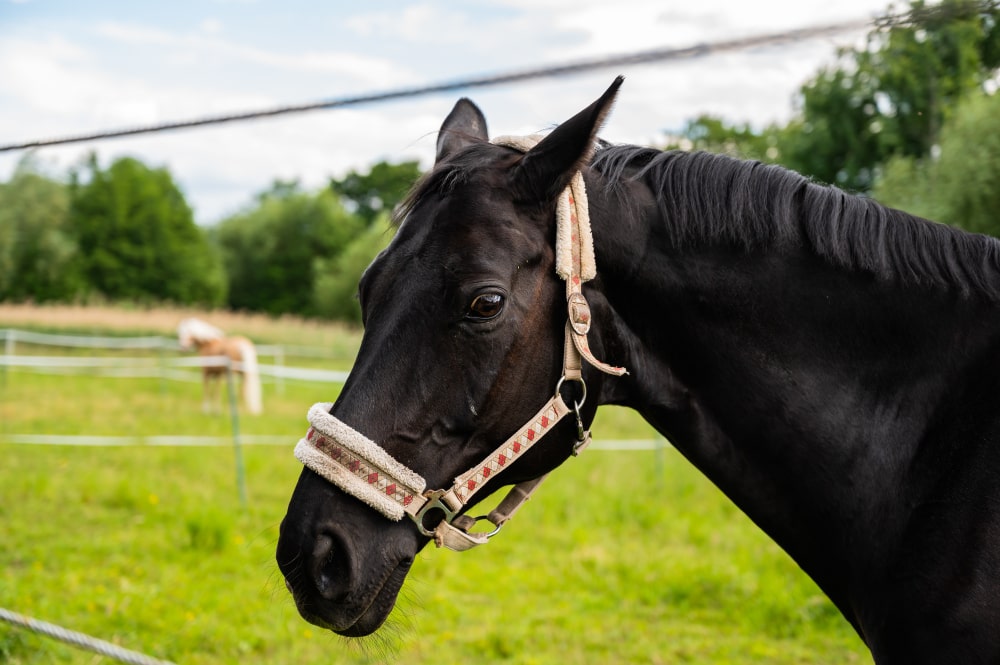
Dutch Gag Vs. Pelham: Bits ...
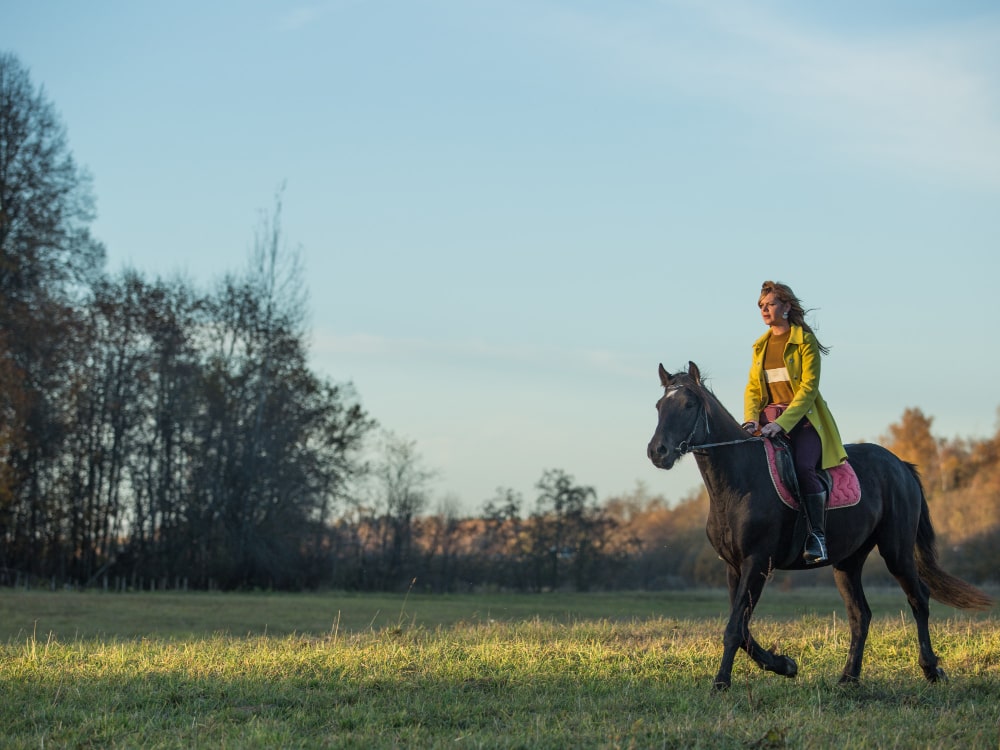
Walking Horse vs Racking Horse: ...
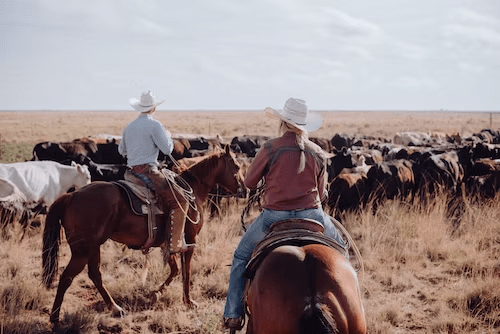
Wade vs Association Saddle: Your ...
.jpg)
Step Up vs Ramp Horse ...

Bosal vs Hackamore: A Head-...
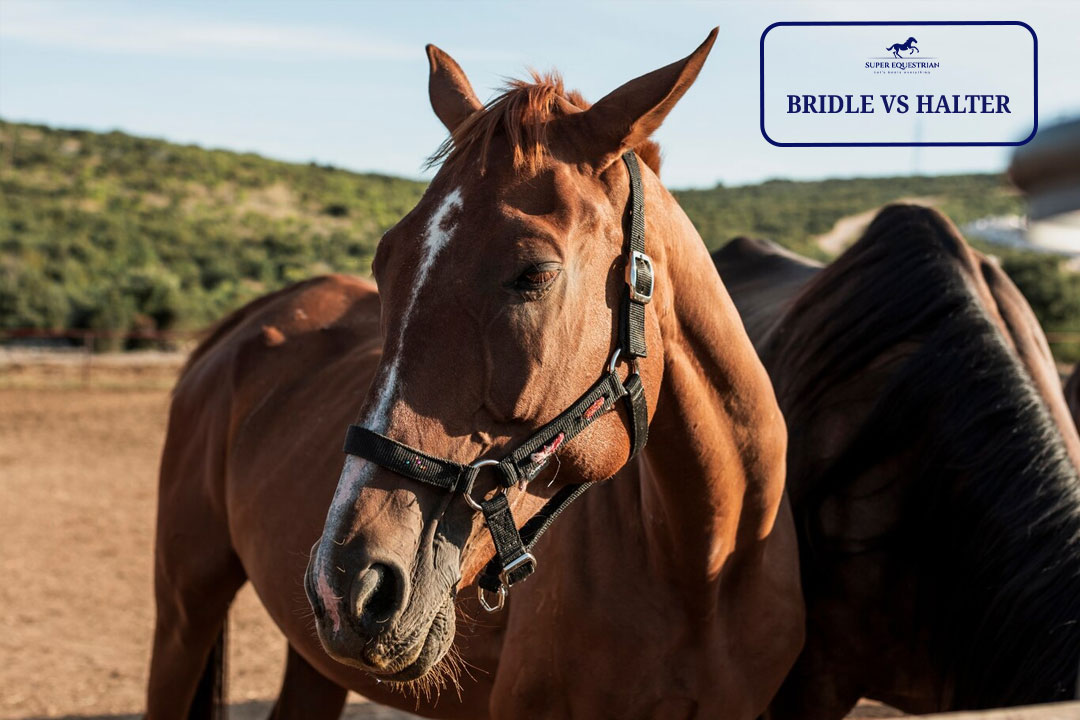
Bridle Vs Halter: Which One ...

Paddock Boots Vs Riding Boots: ...

Shadow Horse Trailer Problems: Causes, ...
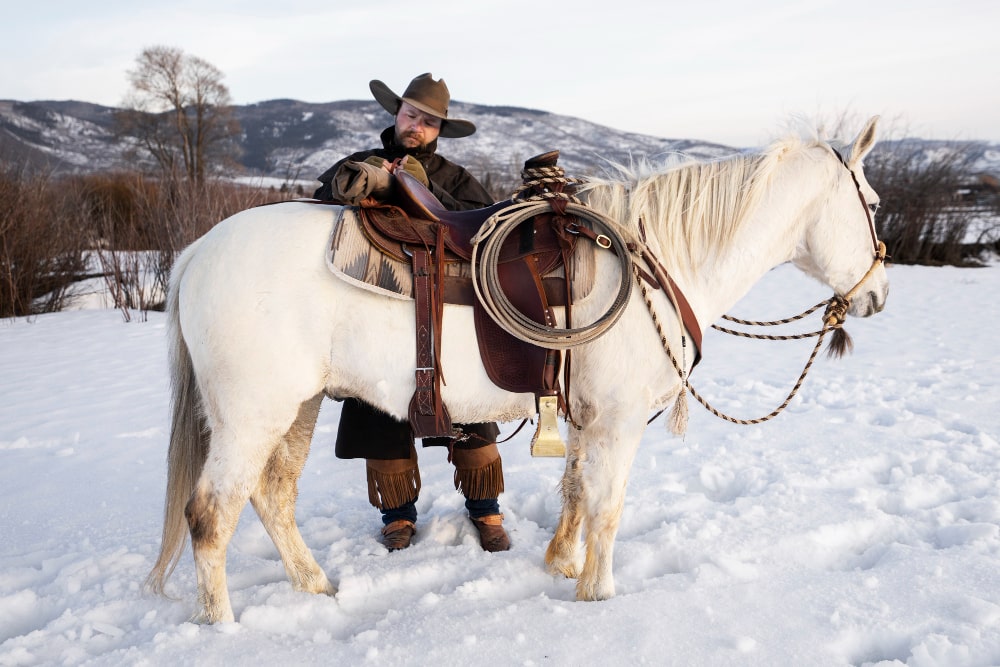
Are Billy Cook Saddles Good - ...

Let's Start at the ...
Benefits of Beet Pulp for ...
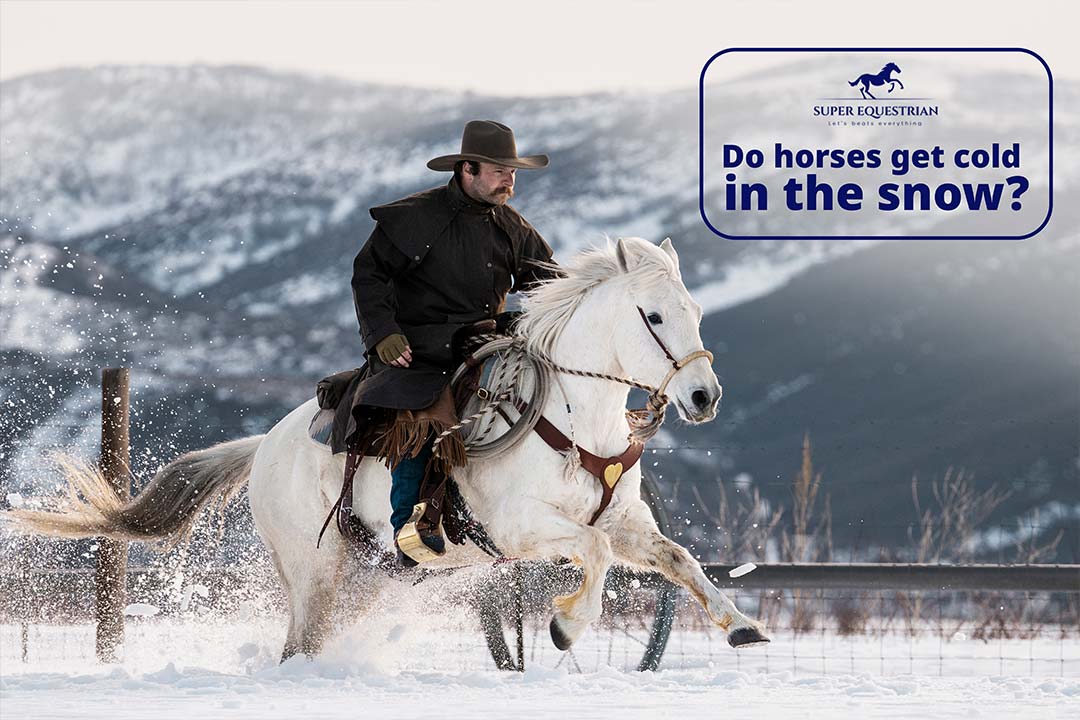
Do horses get cold in ...
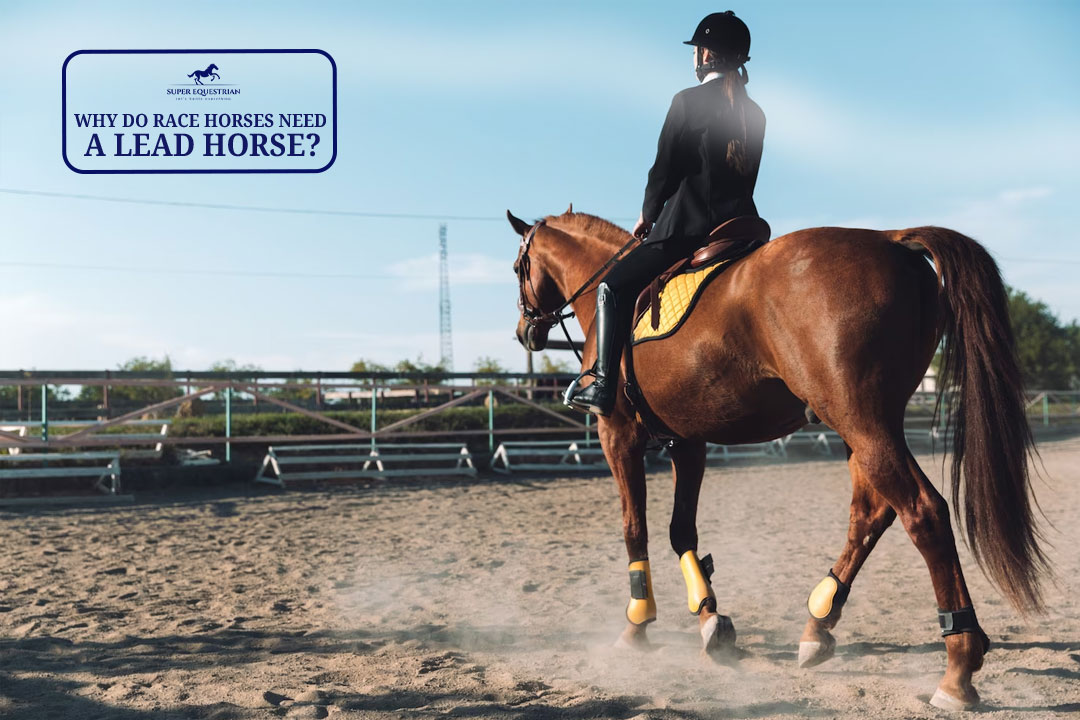
Why Do Race Horses Need ...
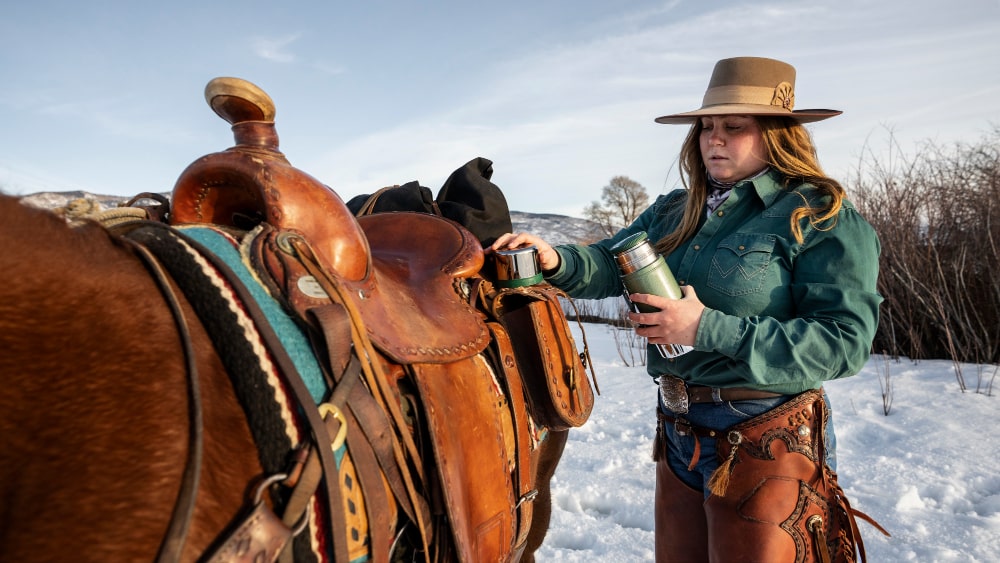
Ranch Saddle vs. Roping Saddle: ...

Round Pen vs Square Pen ...

Must Have Horse Trailer Accessories: ...
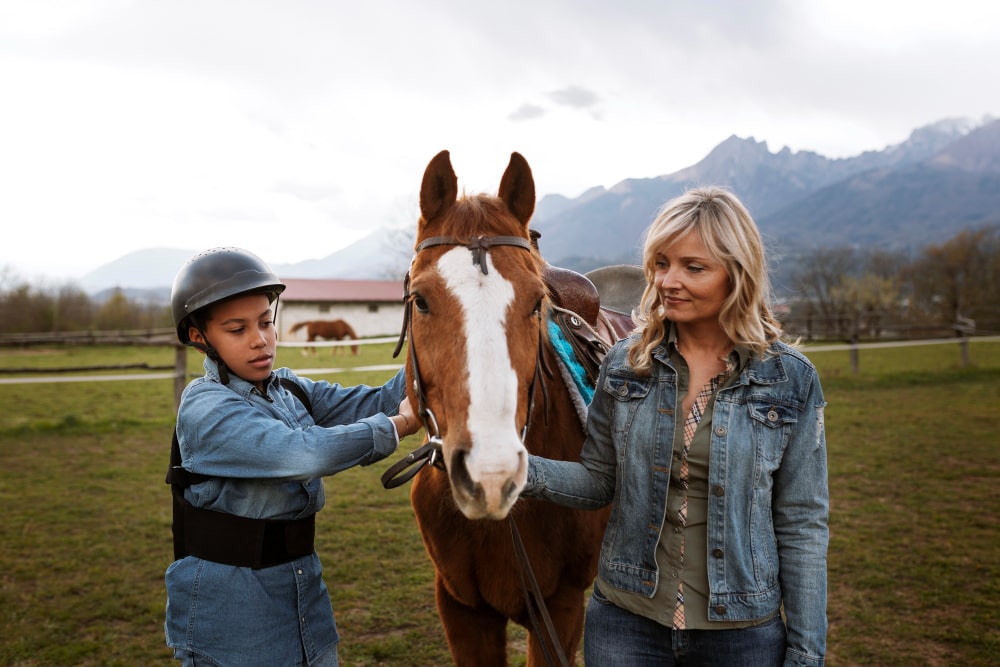
Is MIPS Worth for Equestrian?...
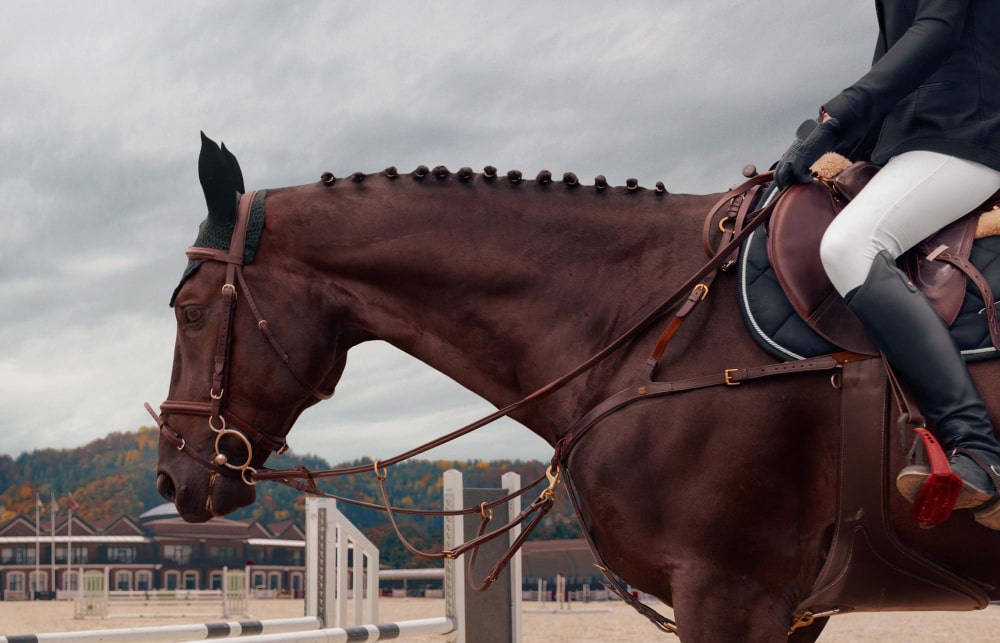
Natural Horsemanship vs Positive Reinforcement: ...

How to Mount a Horse ...
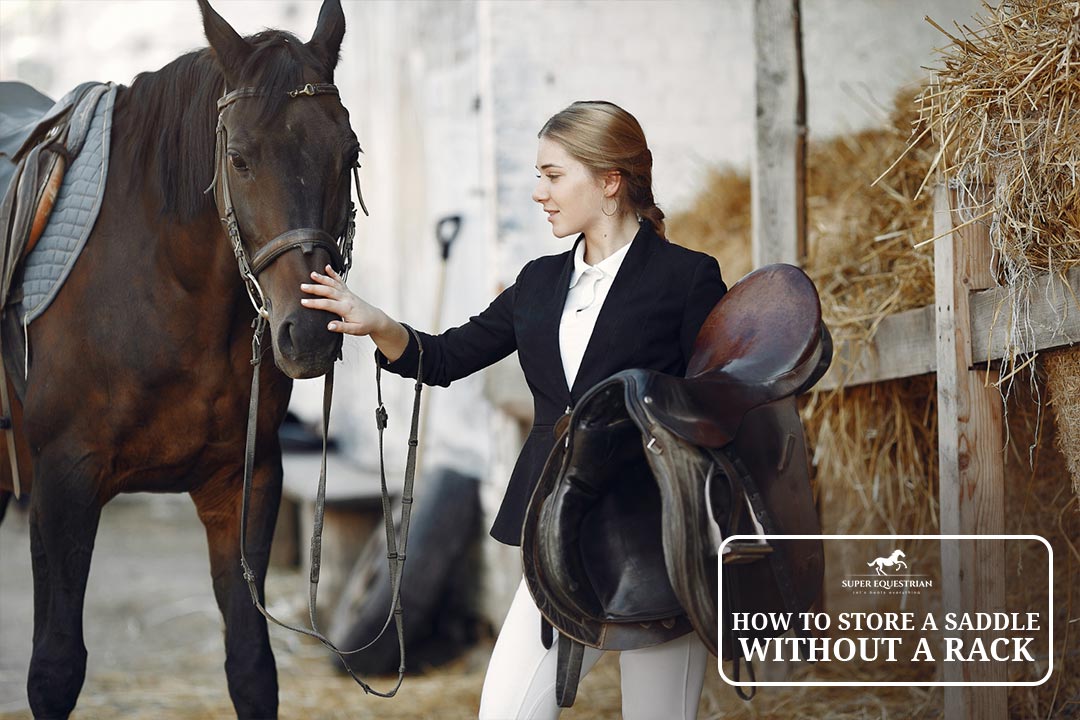
How to Store a Saddle ...
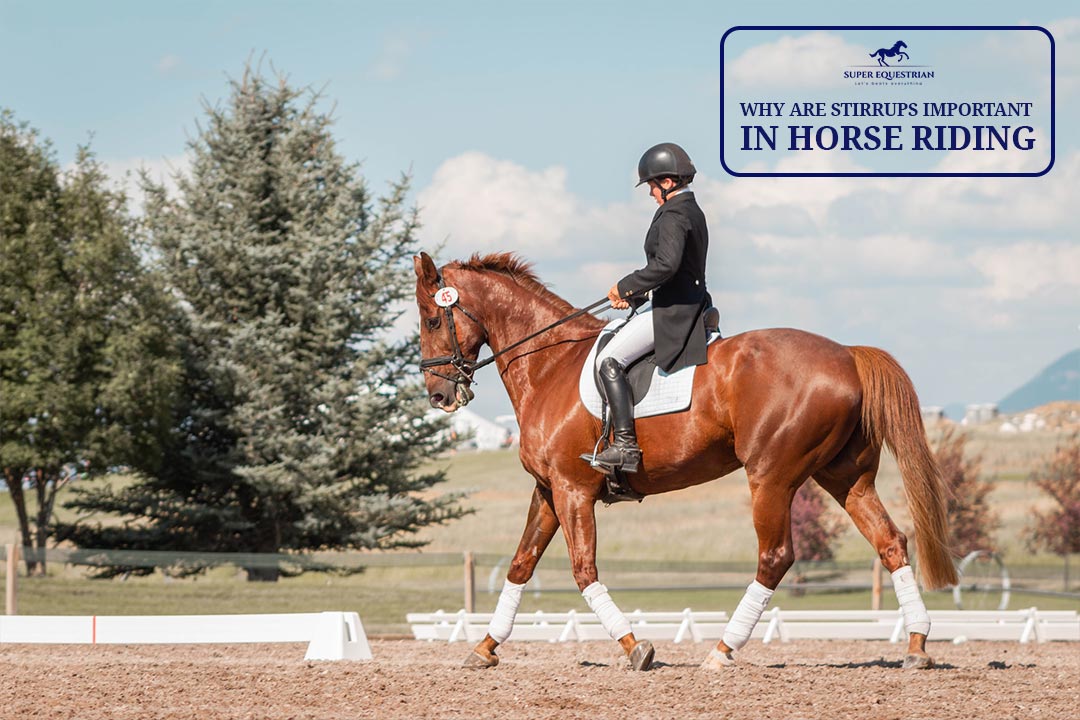
Why are Stirrups Important in ...
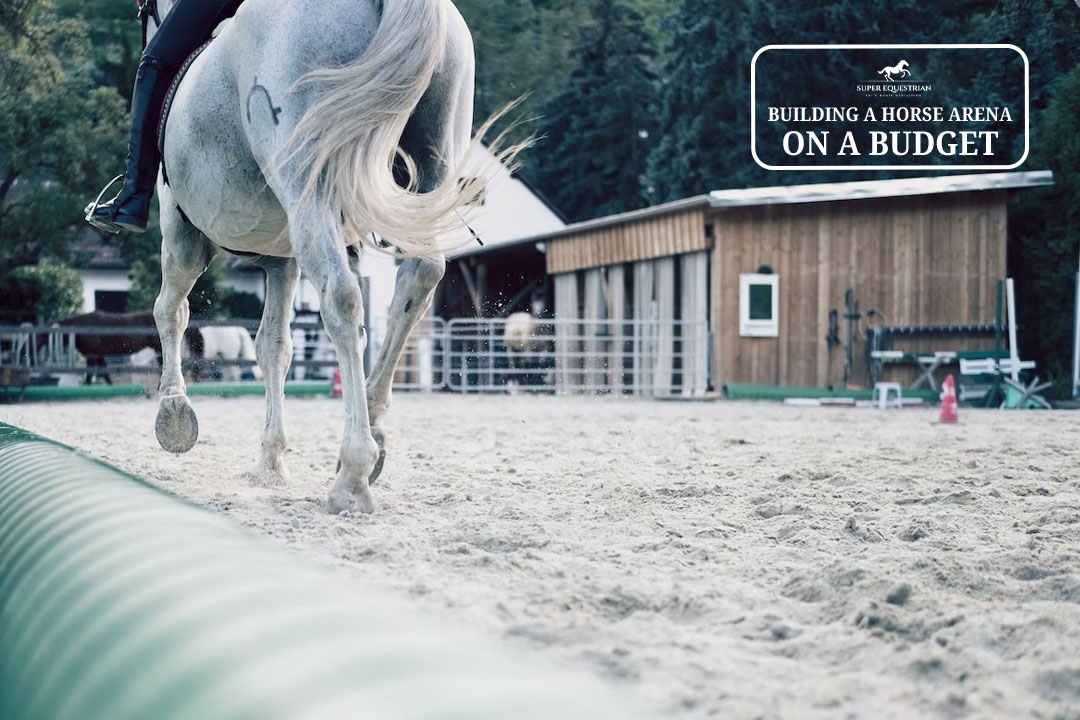
Building a Horse Arena on ...

How to Make Horse Treats ...

Order of Grooming a Horse...

Horse Riding Lessons Plan: The ...

Horse Trailer Roof Replacement and ...
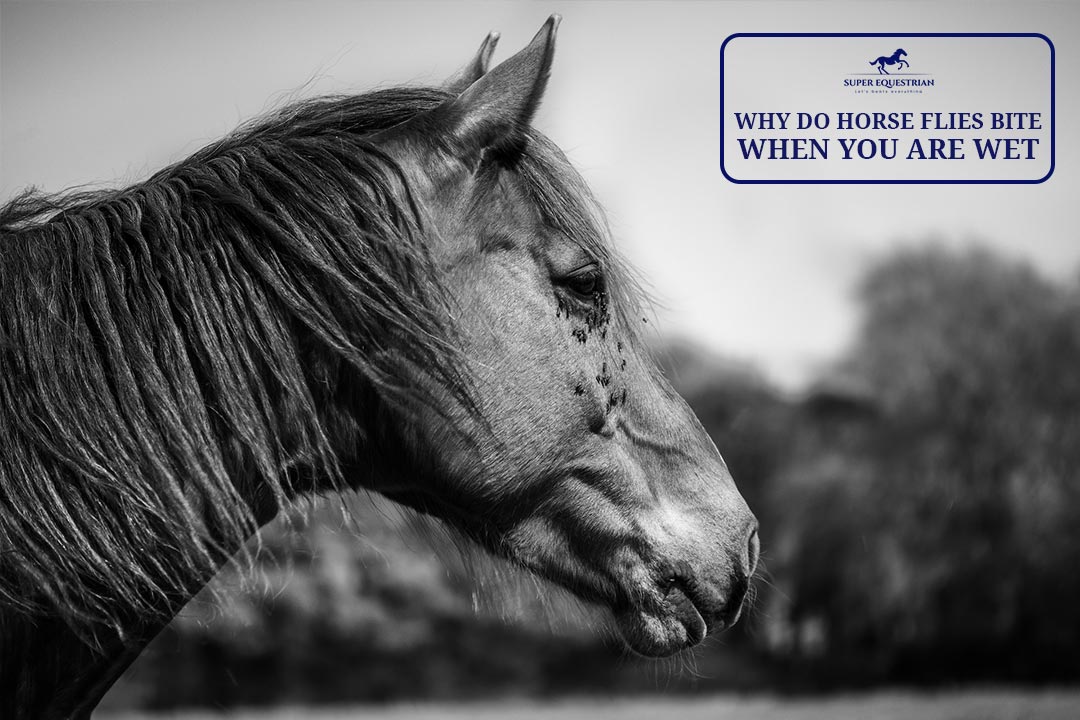
Why Do Horse Flies Bite ...
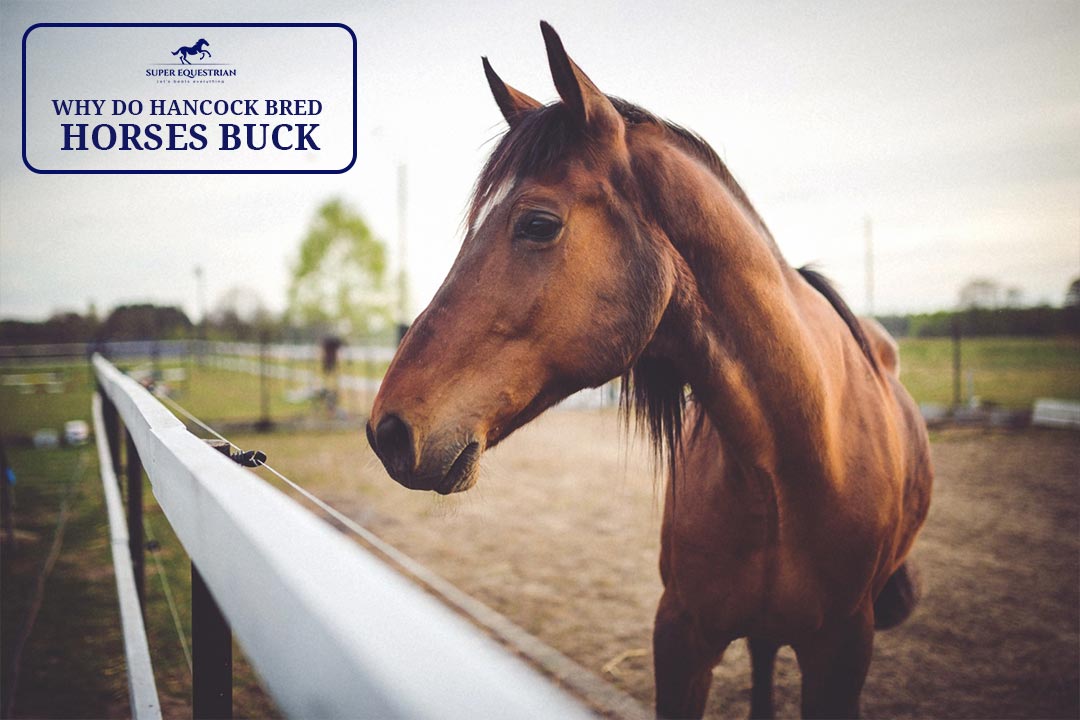
Why Do Hancock Bred Horses ...

Quarter Horse Bloodlines to Avoid...
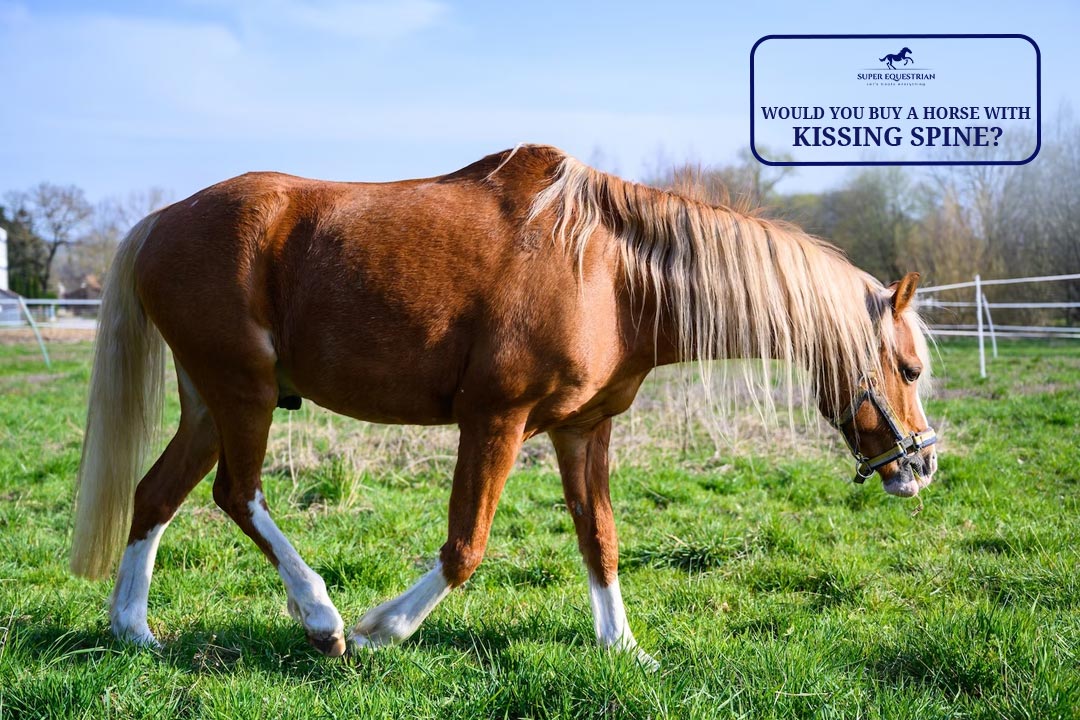
Would You Buy a Horse ...
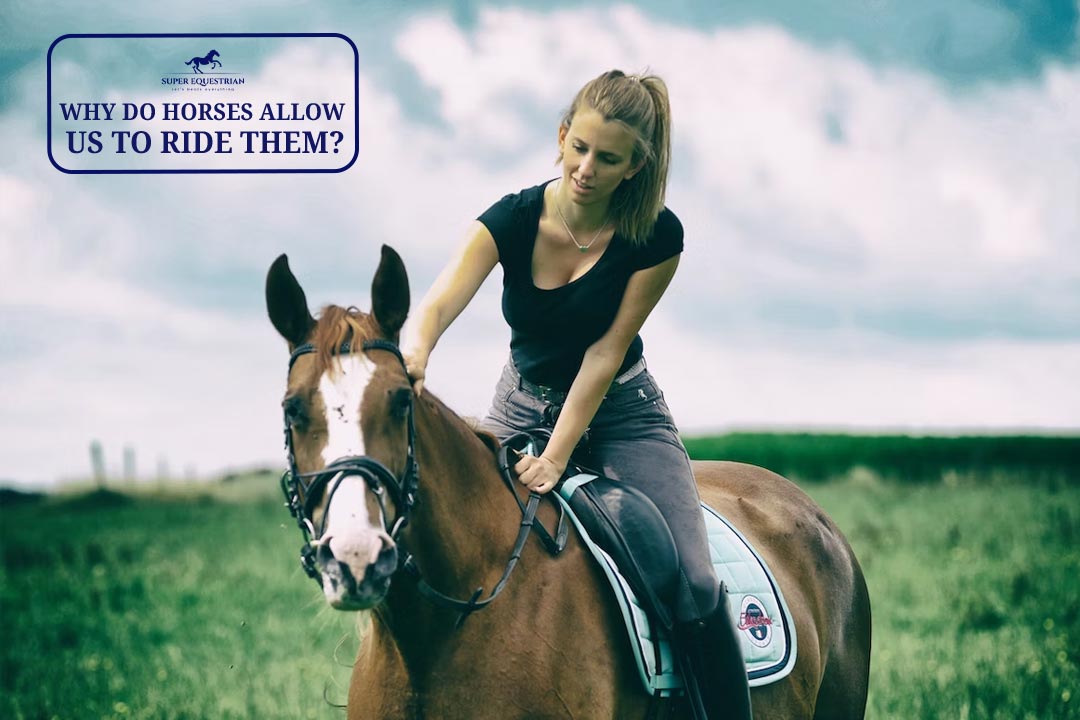
Why Do Horses Allow Us ...

Would you buy a horse ...

Why Are Klapper Bits So ...
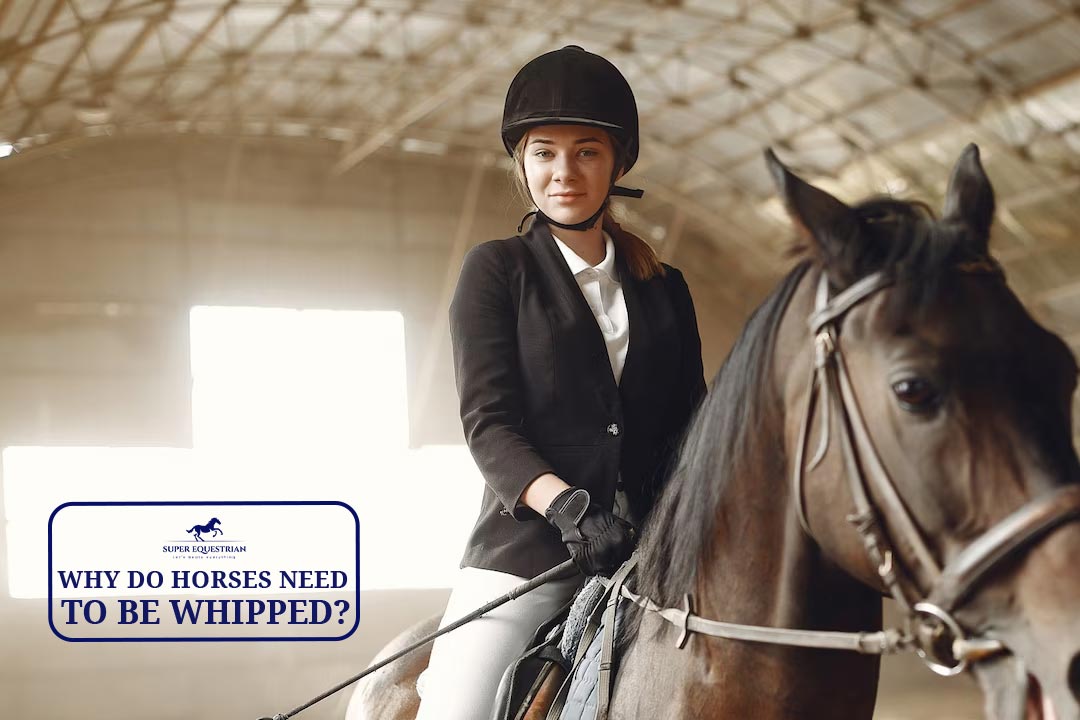
Why do horses need to ...

Why do you mount a ...
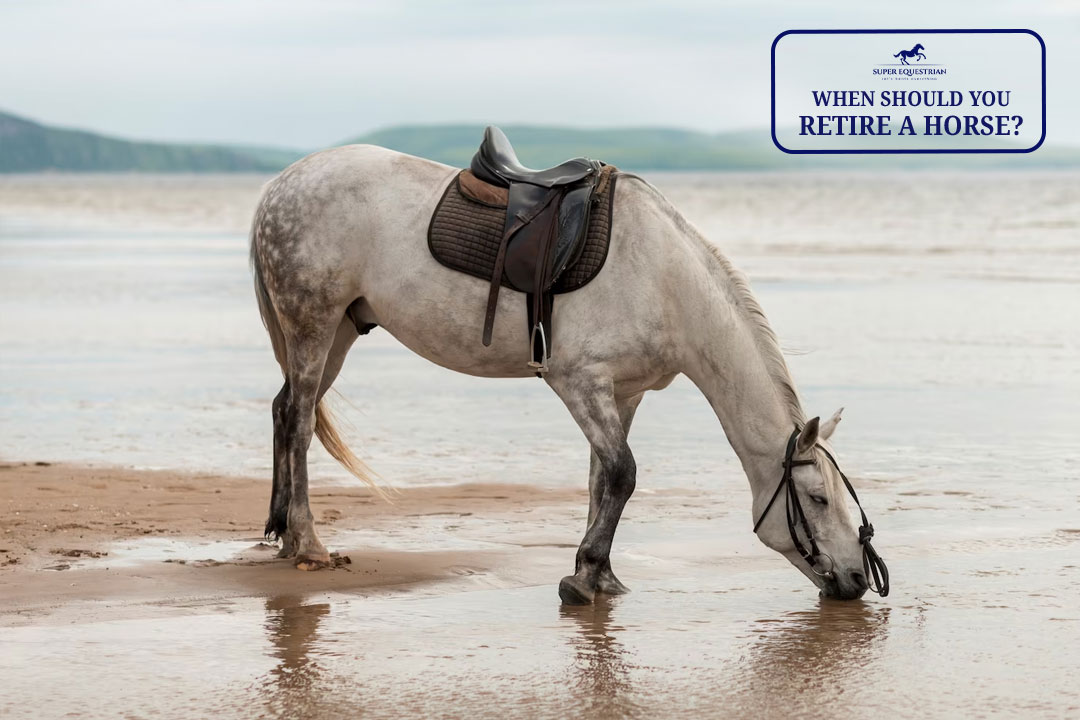
When Should You Retire A ...
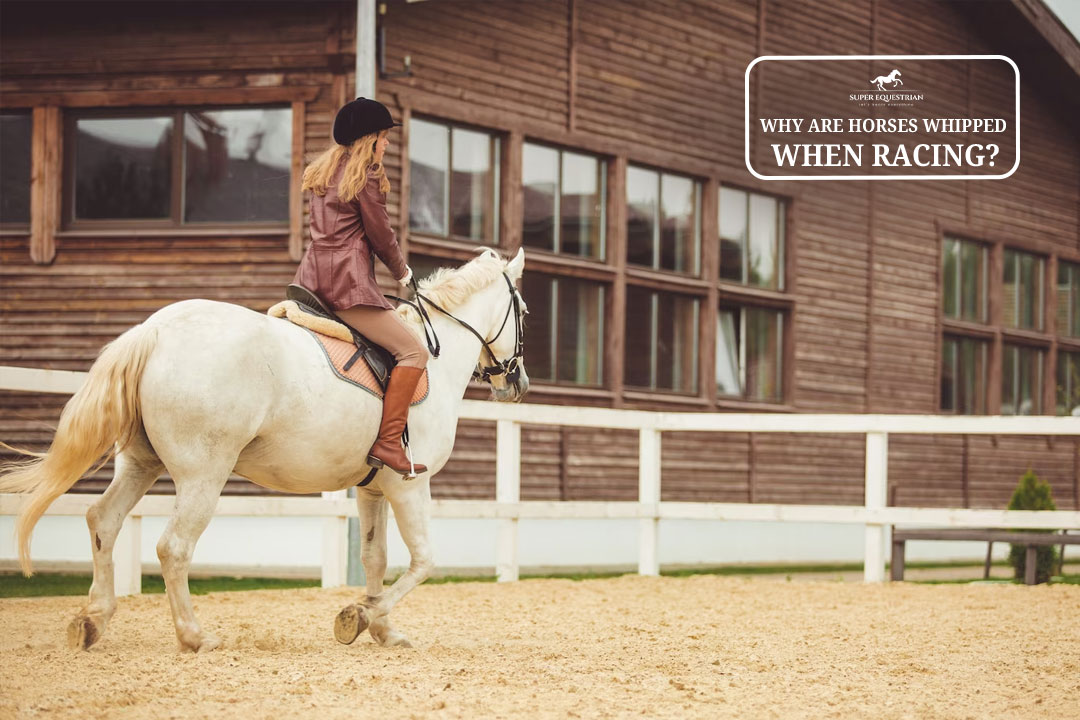
Why Are Horses Whipped When ...
.jpg)
Why Do Horses Have A ...
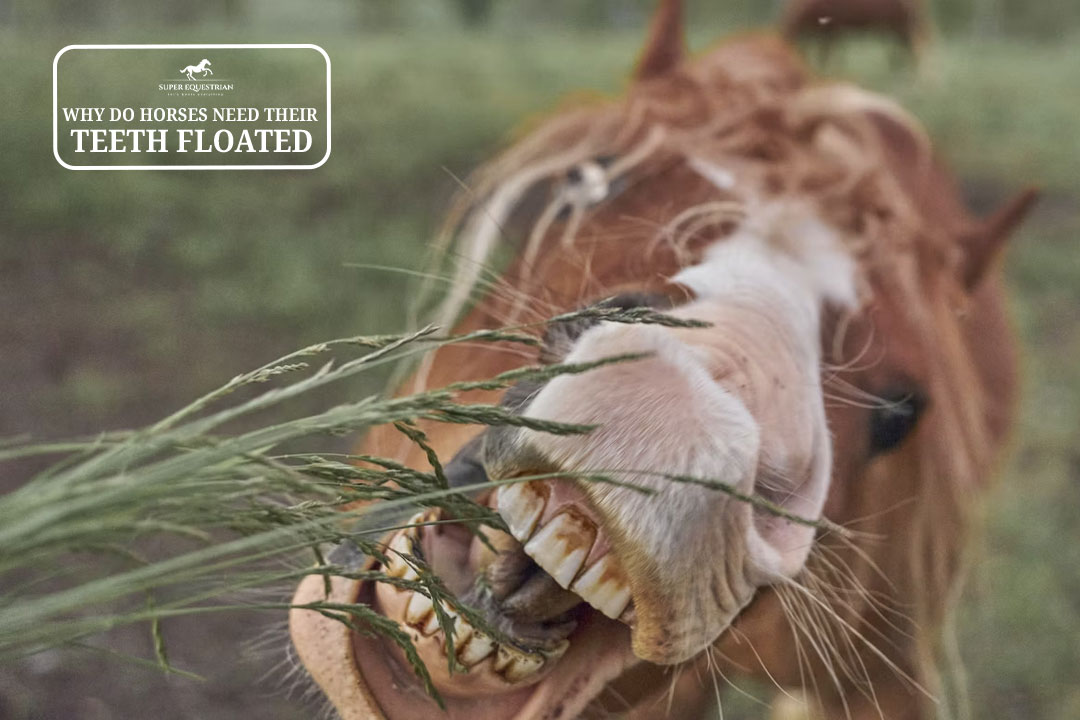
Why Do Horses Need Their ...

What To Do If Horse ...

What To Do If A ...
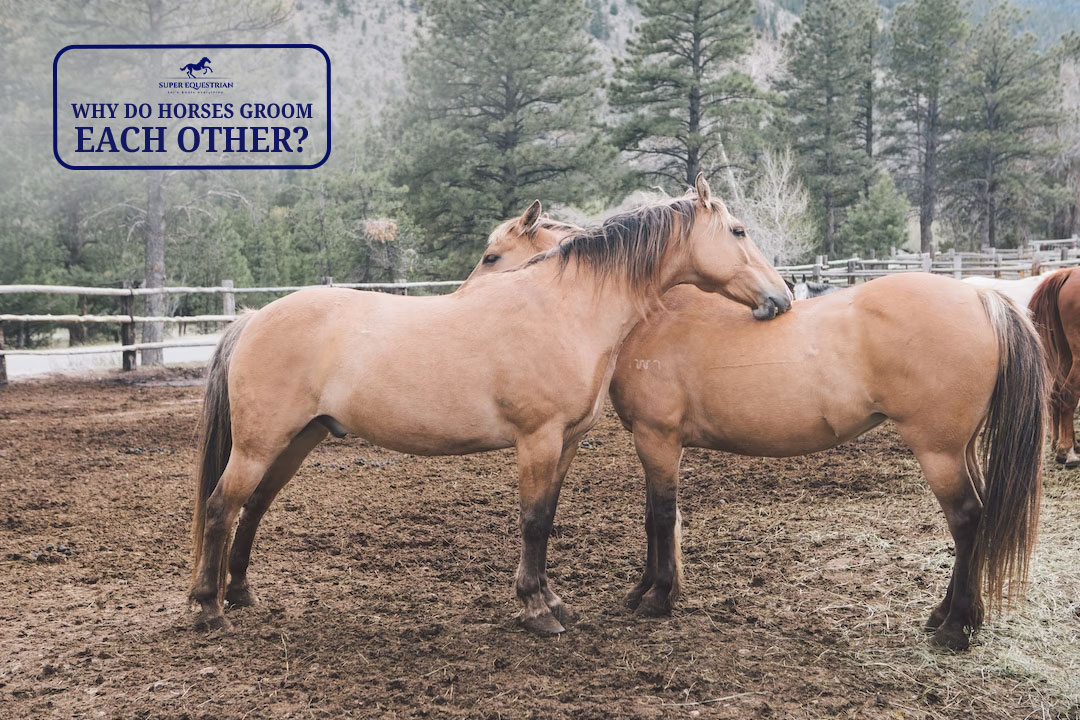
Why do horses groom each ...
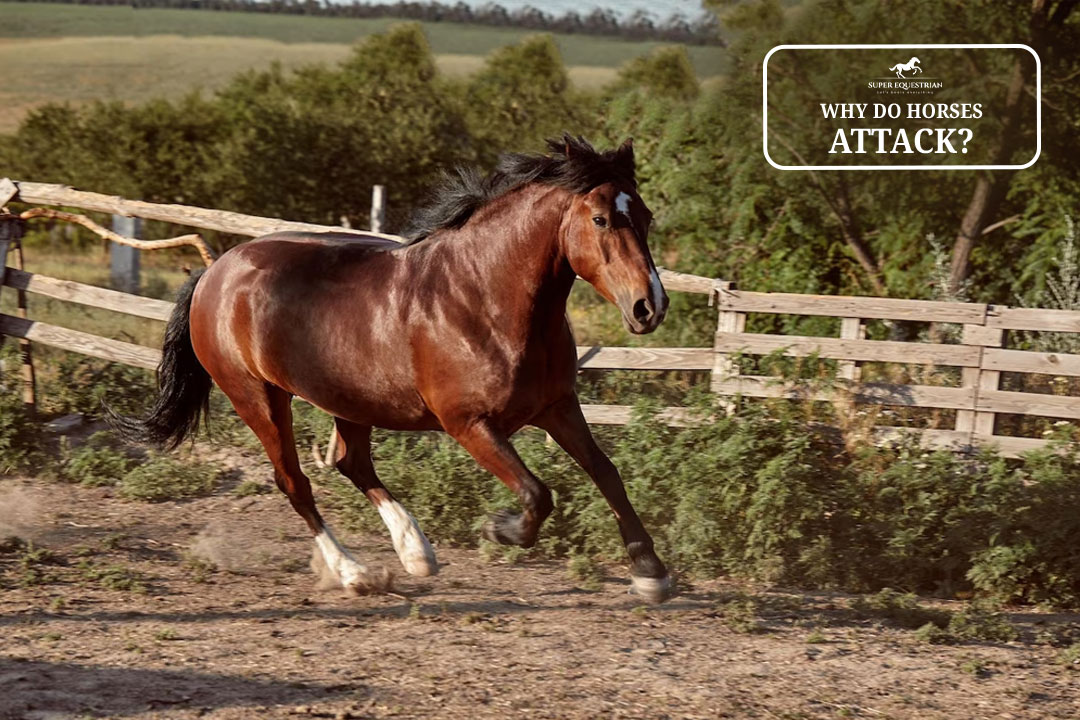
Why do horses attack...

Should I Use a Martingale ...

How to fit bell boots ...
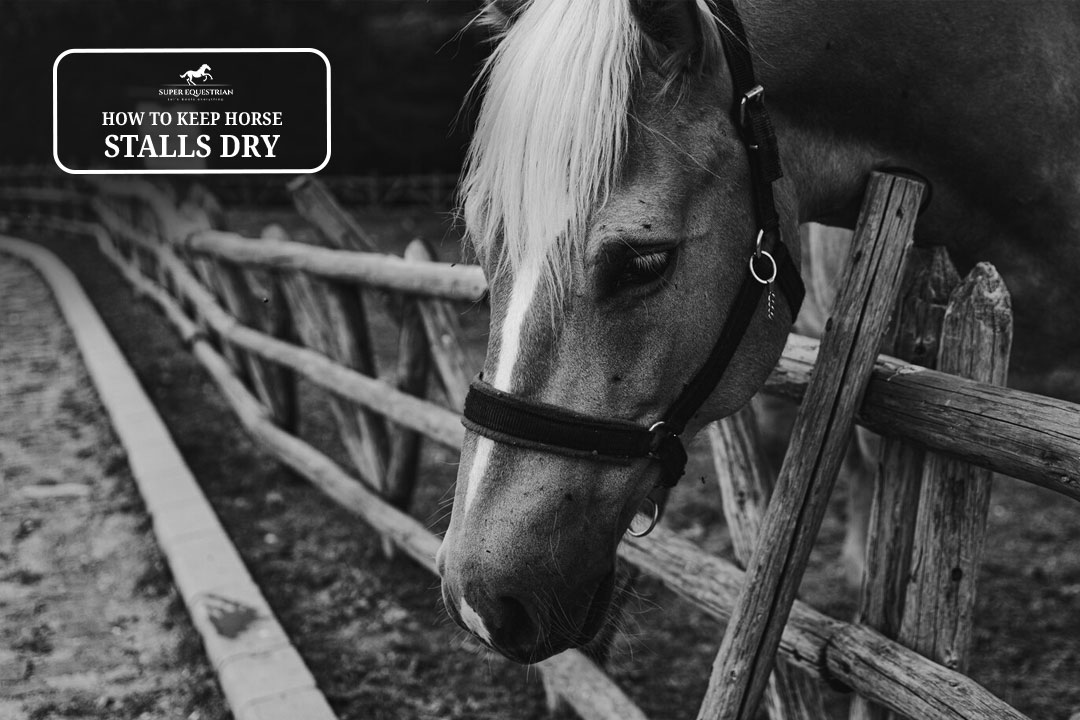
How To Keep Horse Stalls ...
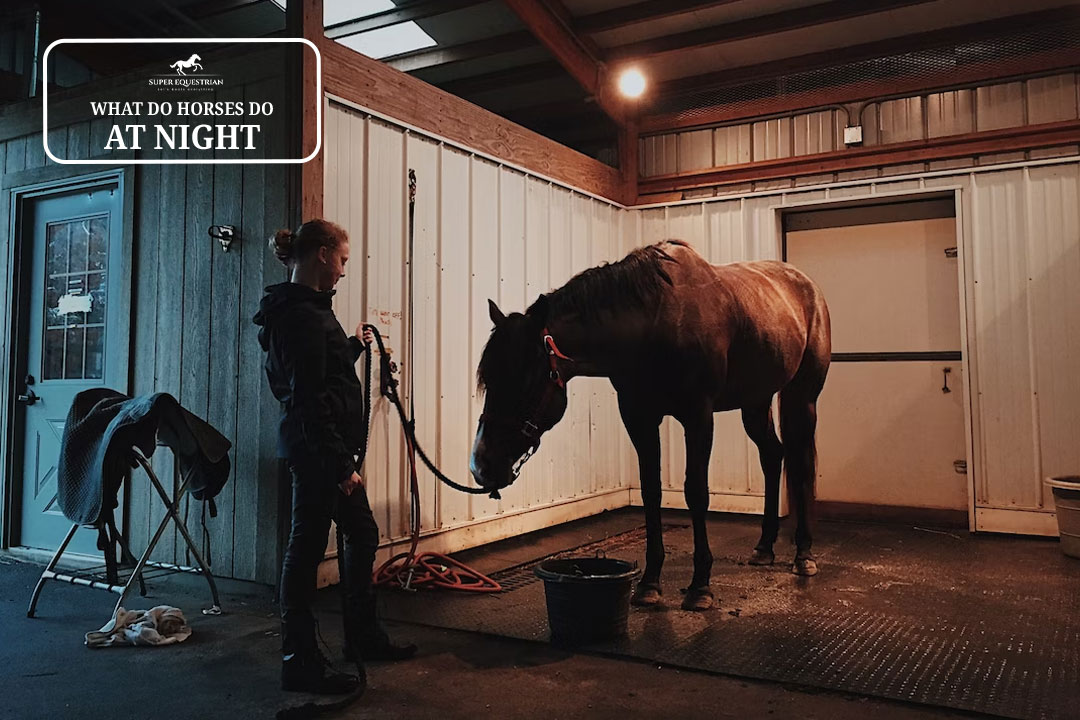
What Do Horses Do At ...
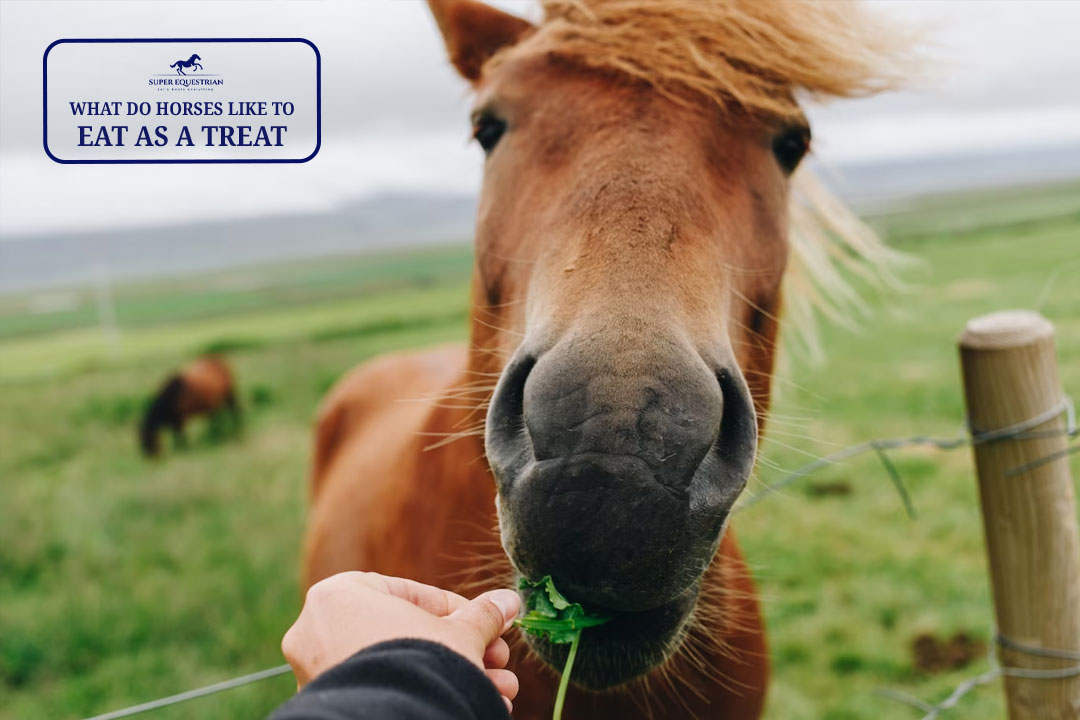
What do horses like to ...

Why do wild horses get ...
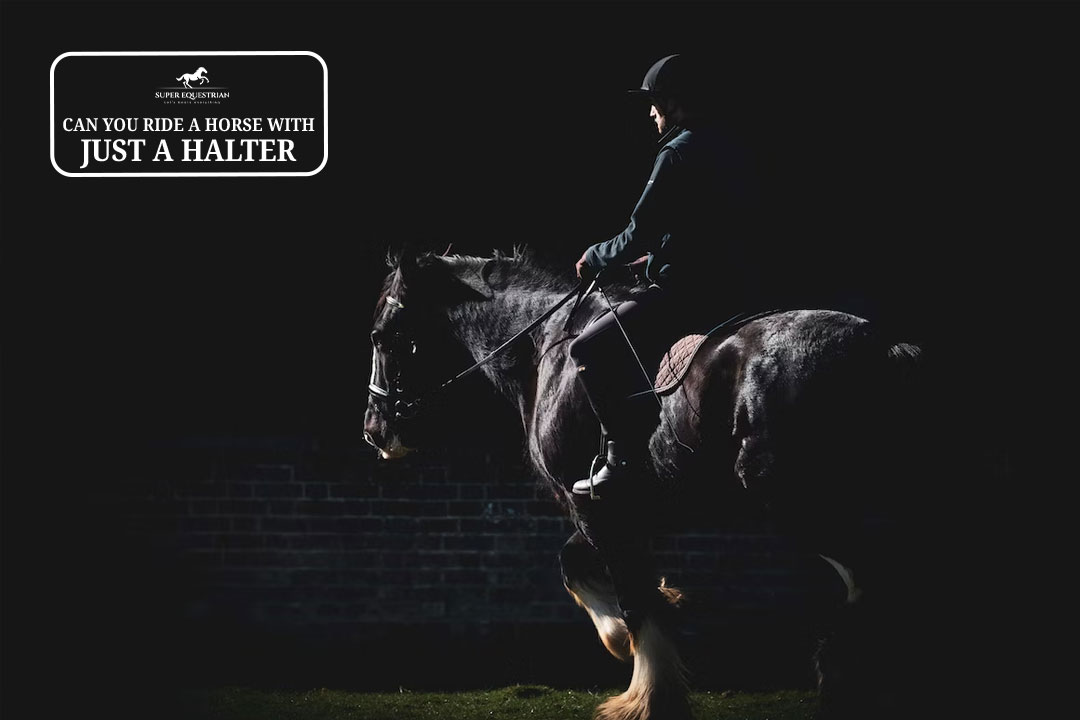
Can you ride a horse ...
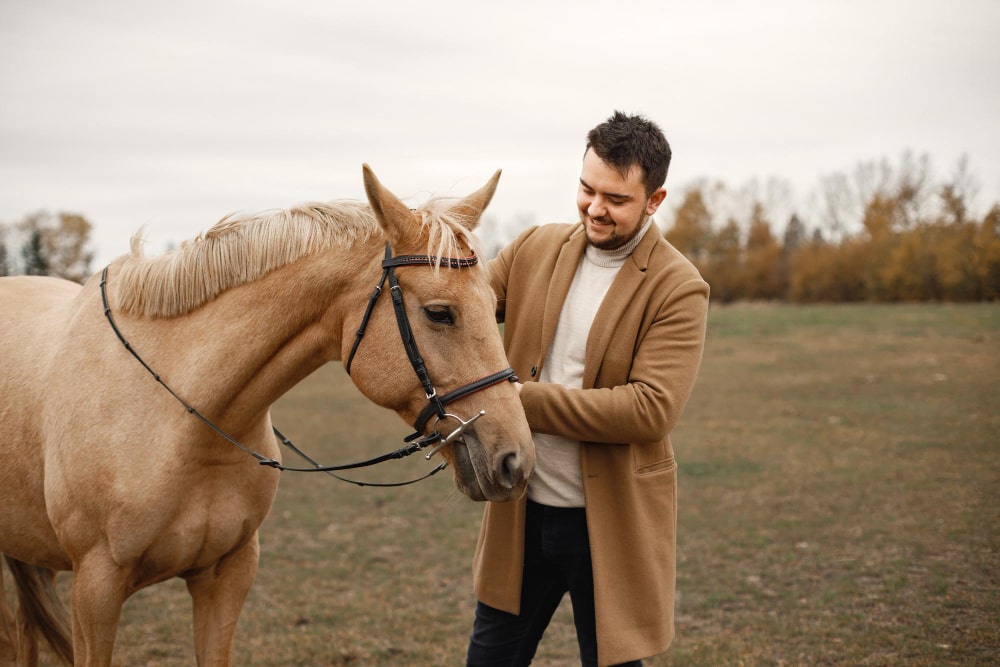
Are horses protective of their ...
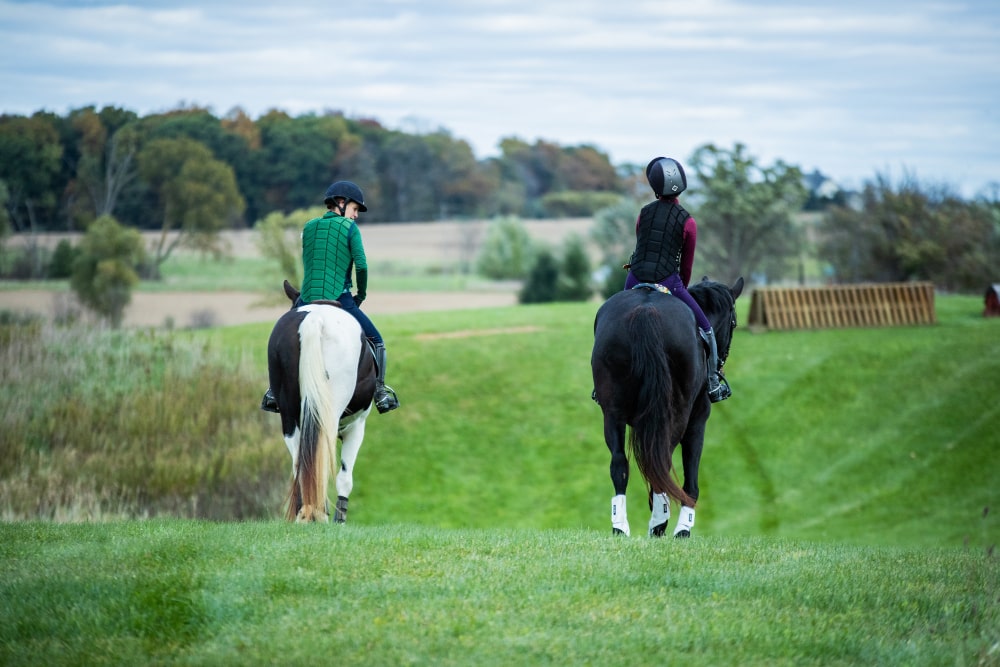
Why racking horses are popular ...
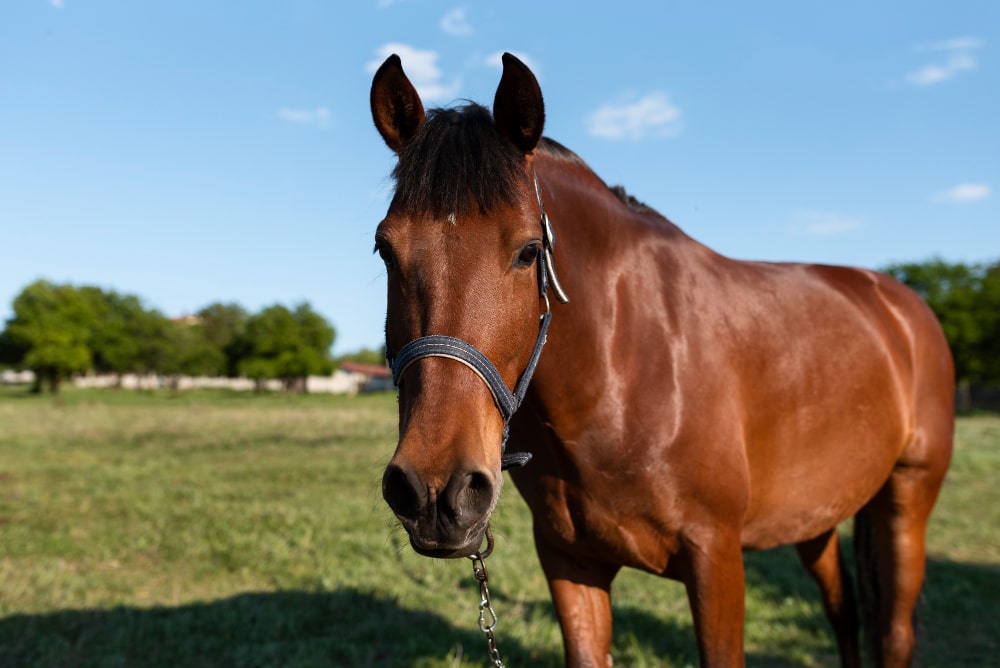
How To Keep Horses Off ...
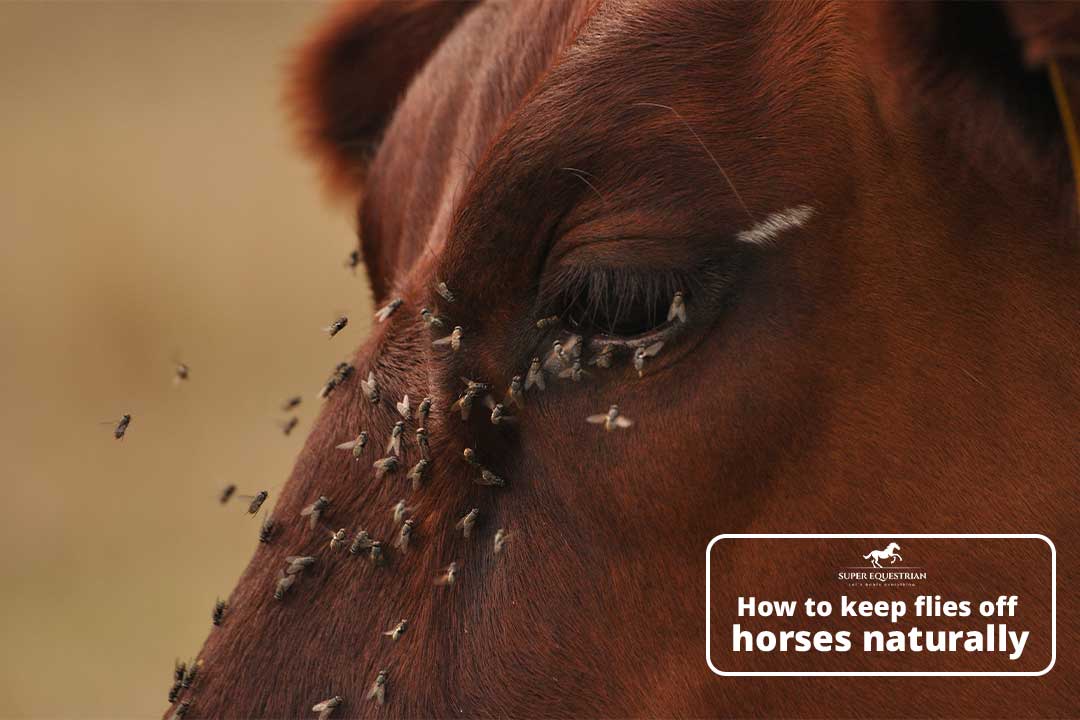
How to Keep Flies Off ...
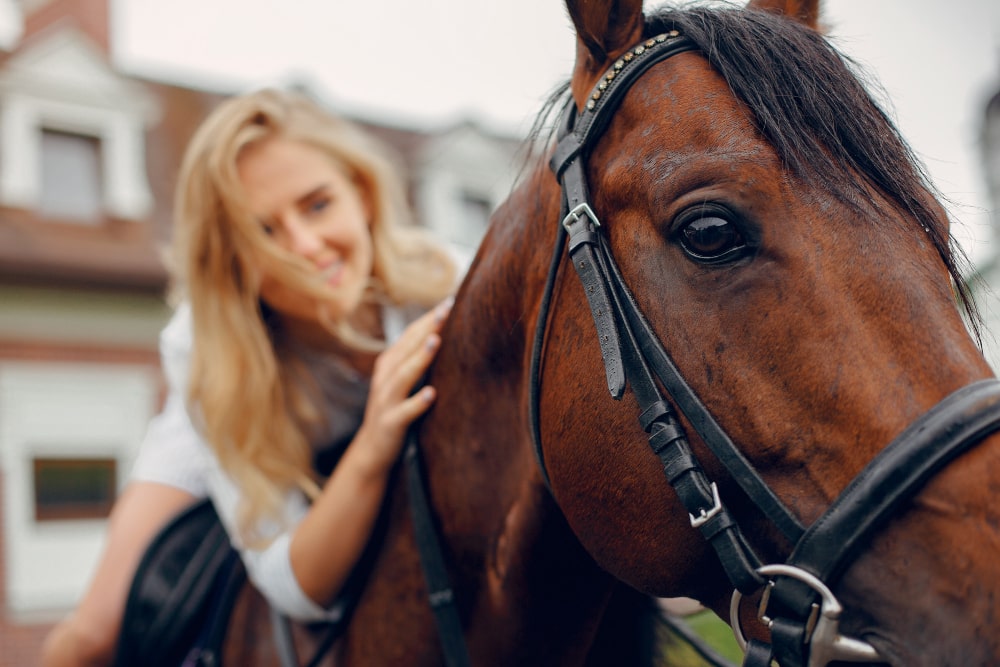
Pros and Cons Using A ...
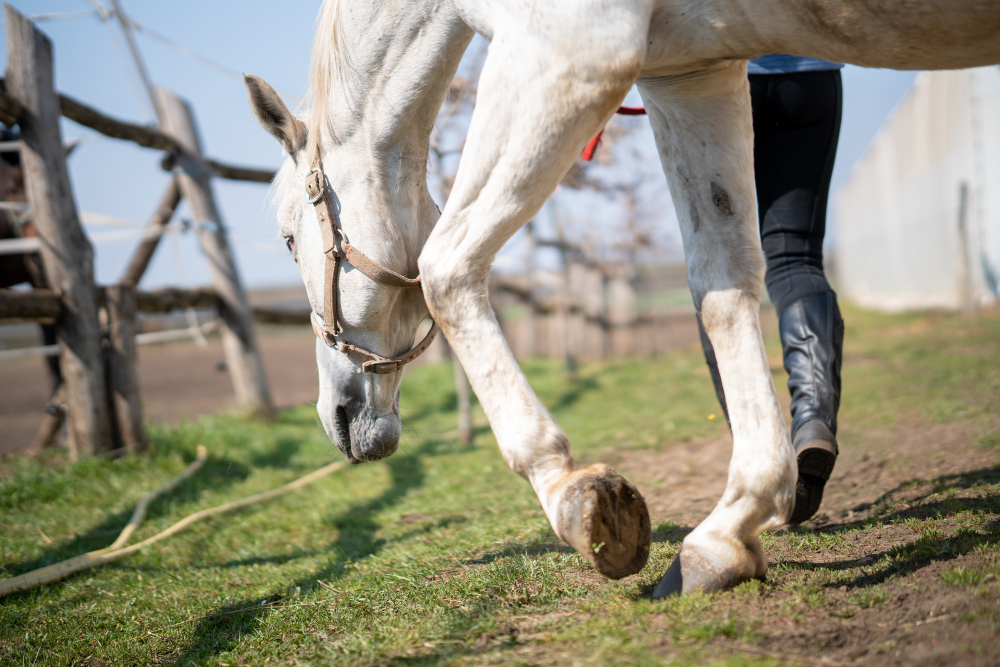
Can you ride a horse ...

Why are Corriente saddles so ...
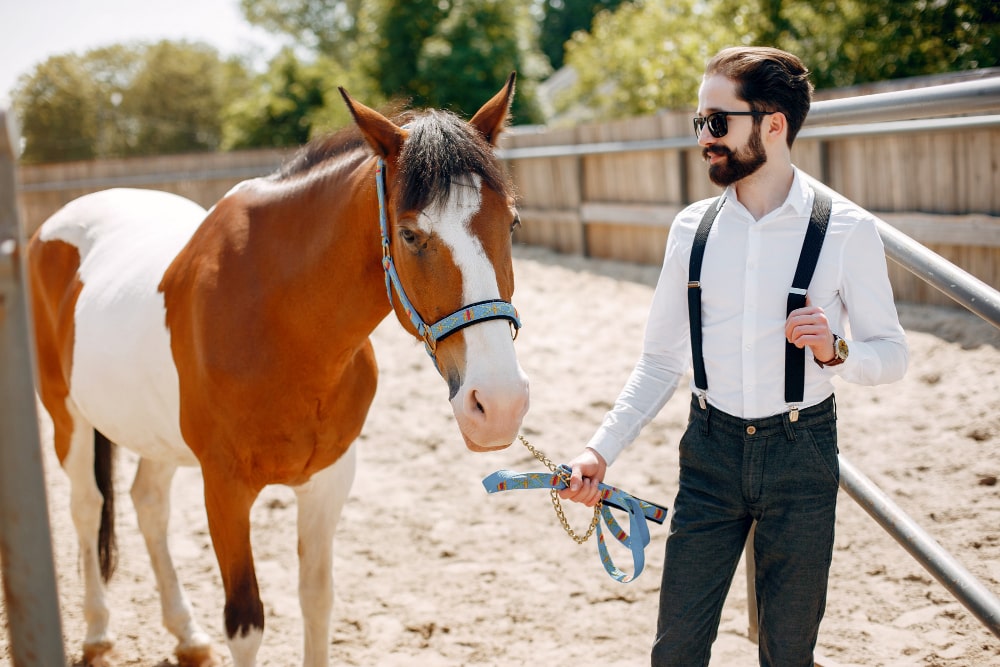
Pros and cons of equine ...
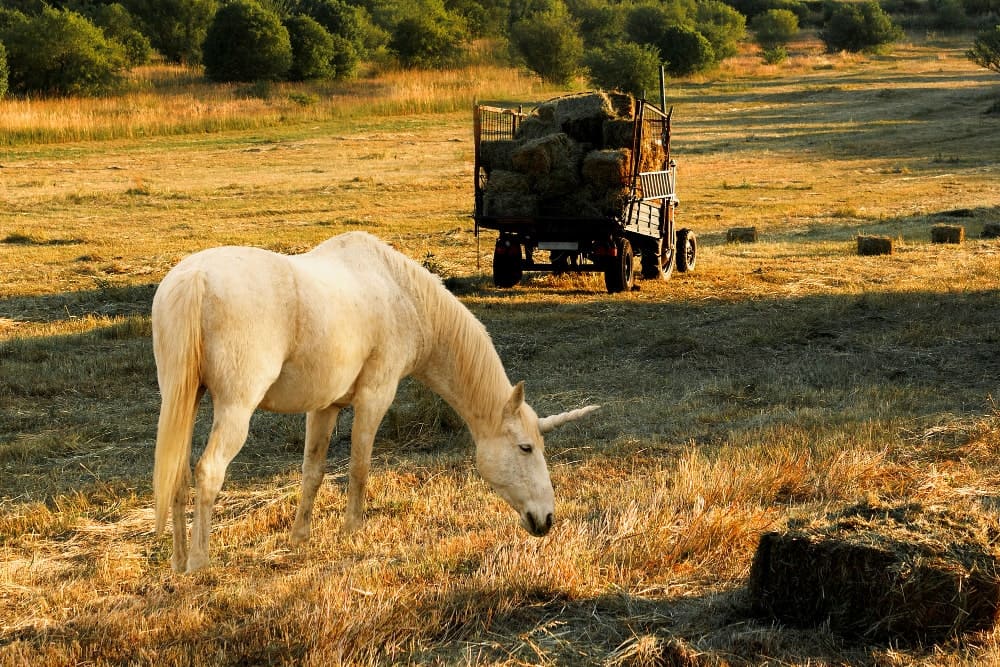
How Long After Mowing Can ...

How to Care for a ...
.jpg)
Why Do Horses Wear Blinders: ...
.jpg)
How to fit an exercise ...

Why is my horse bucking ...
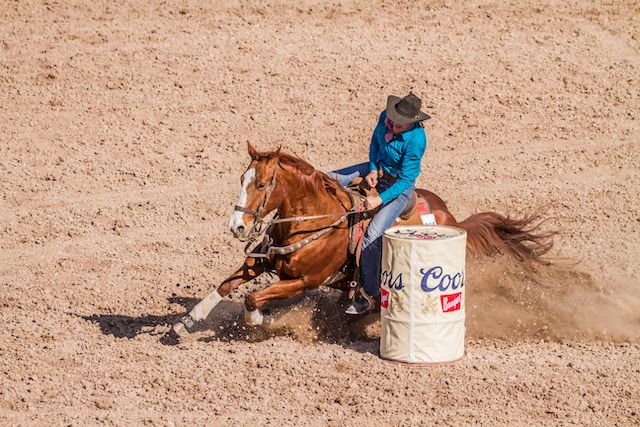
What causes a horse to ...
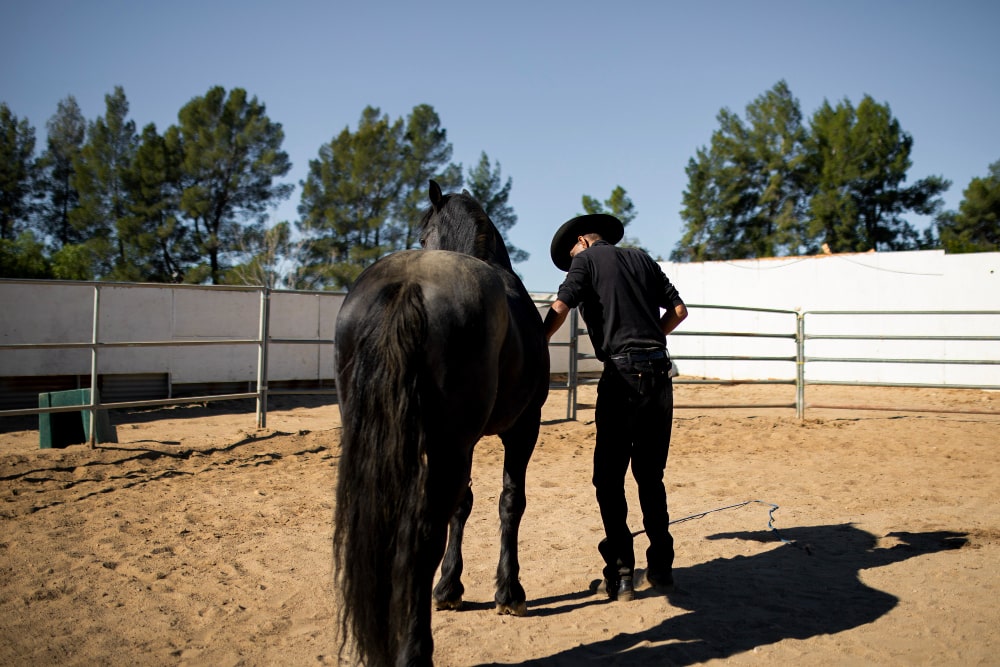
How to Stop a Horse ...
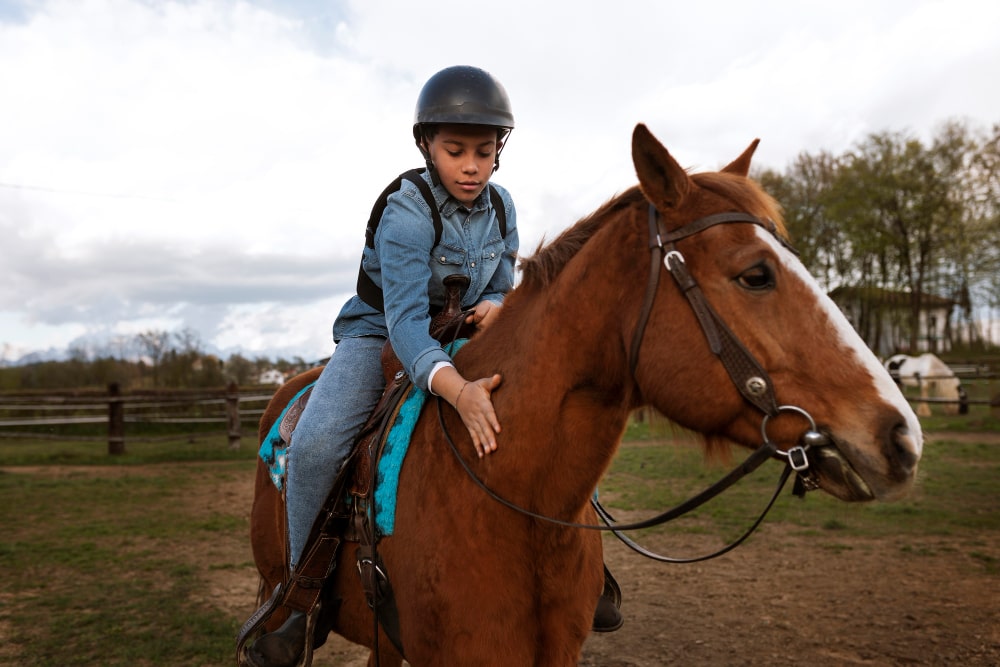
Why Is My Horse Bunny ...
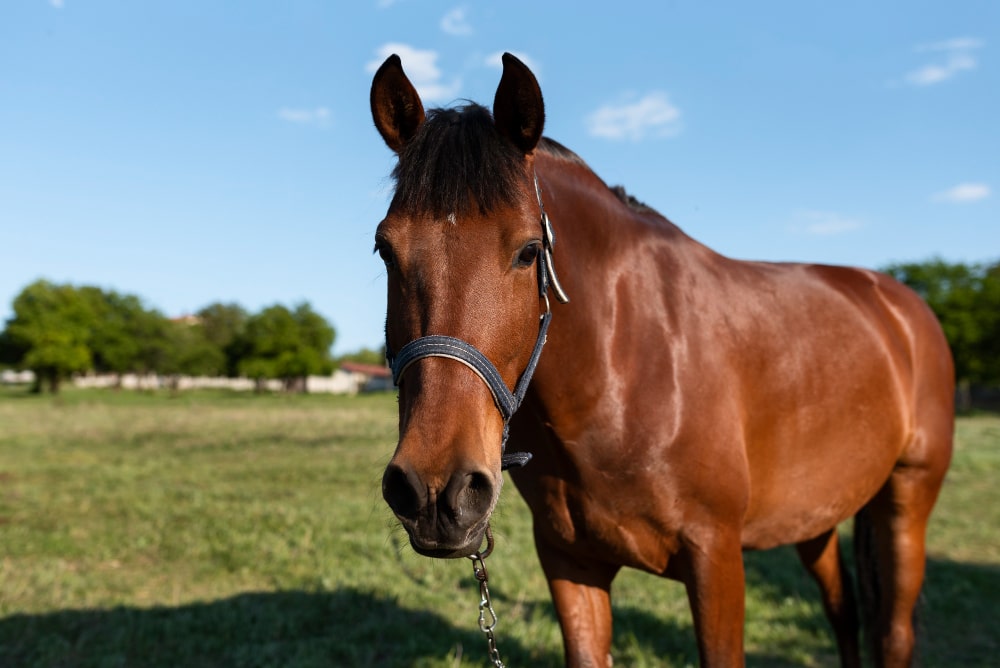
How To Improve Pasture For ...
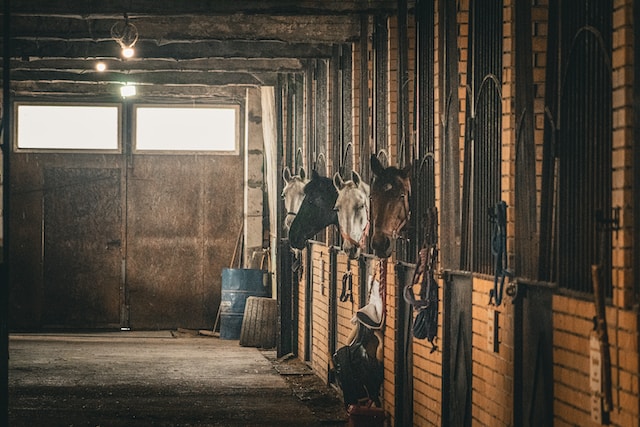
How to get the smell ...

Can you add ramp to ...

What Is The Temperament Of ...
.jpg)
Why Is Friesian Horse Hair ...

Why is my horse testing ...
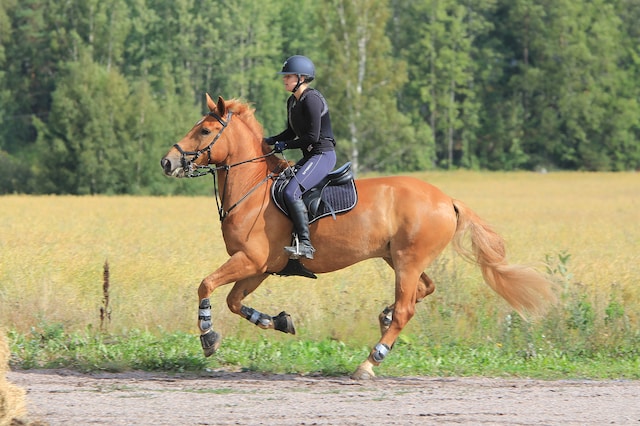
How often you should take ...
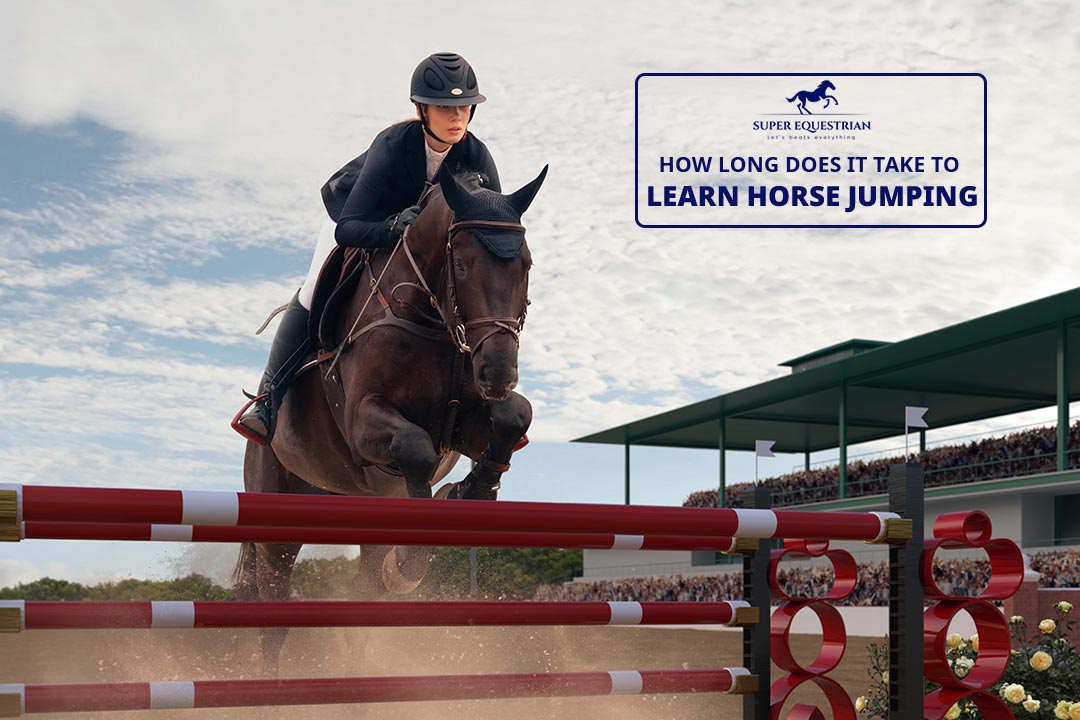
How long does it take ...
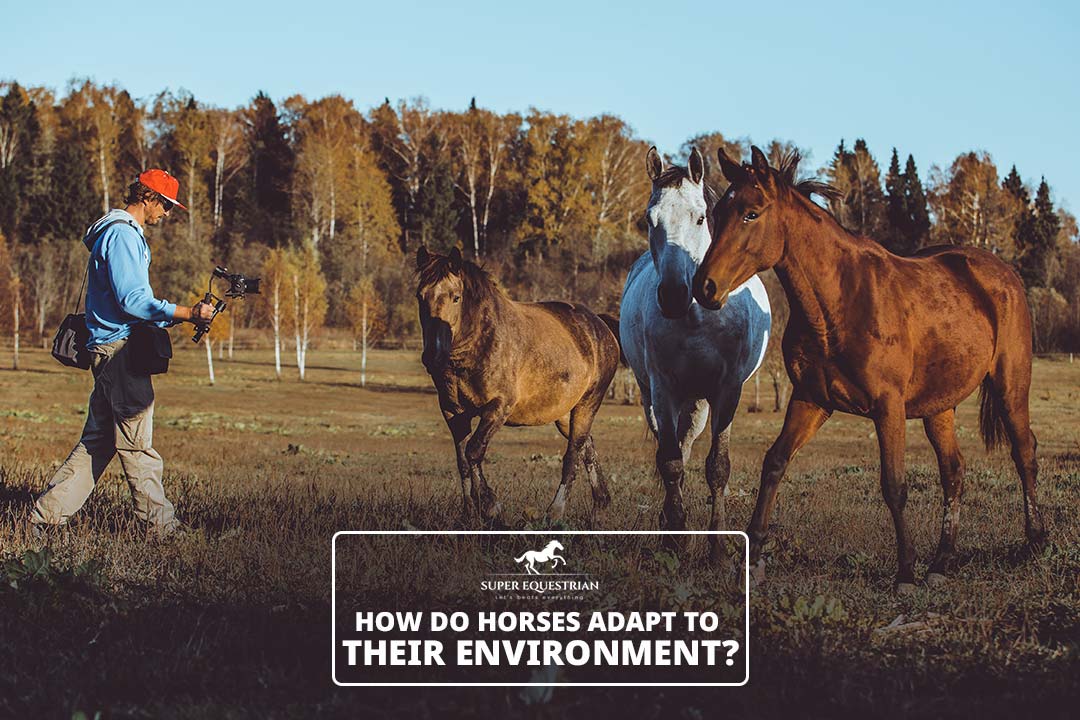
How do horses adapt to ...

How To Prepare For A ...
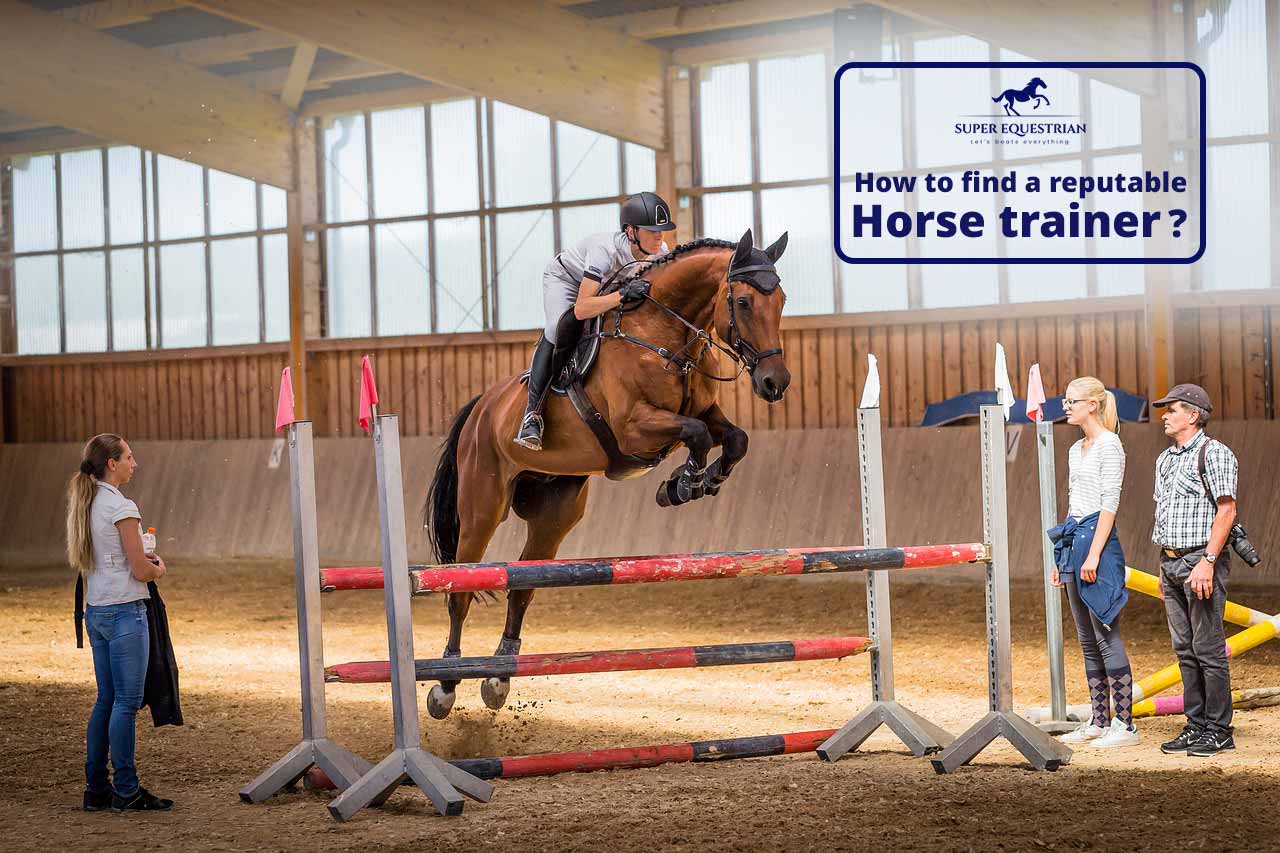
How To Find A Reputable ...
.jpg)
Do Horses Get Medals at ...

How to create a horse-...